MARATHON OF CHANGES
Margaret H. Schreiber on the Florida Rules of Civil Procedure
THE POWER OF HABIT
Heather Pinder Rodriguez shares the seven habits of highly happy lawyers
VICTOR FOR CHILDREN
Legal Aid Society spotlight on GAL lawyer Victoria Manglardi


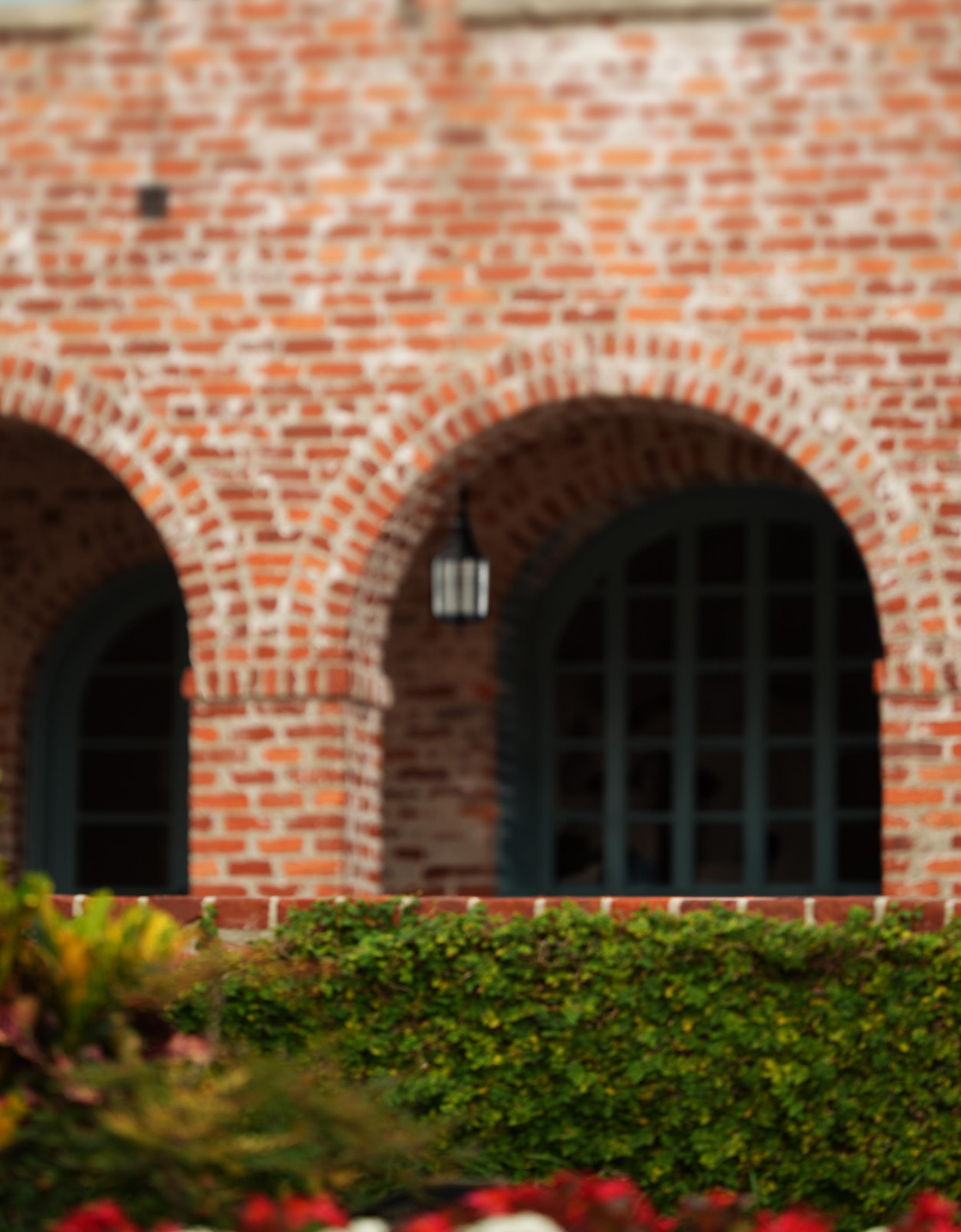
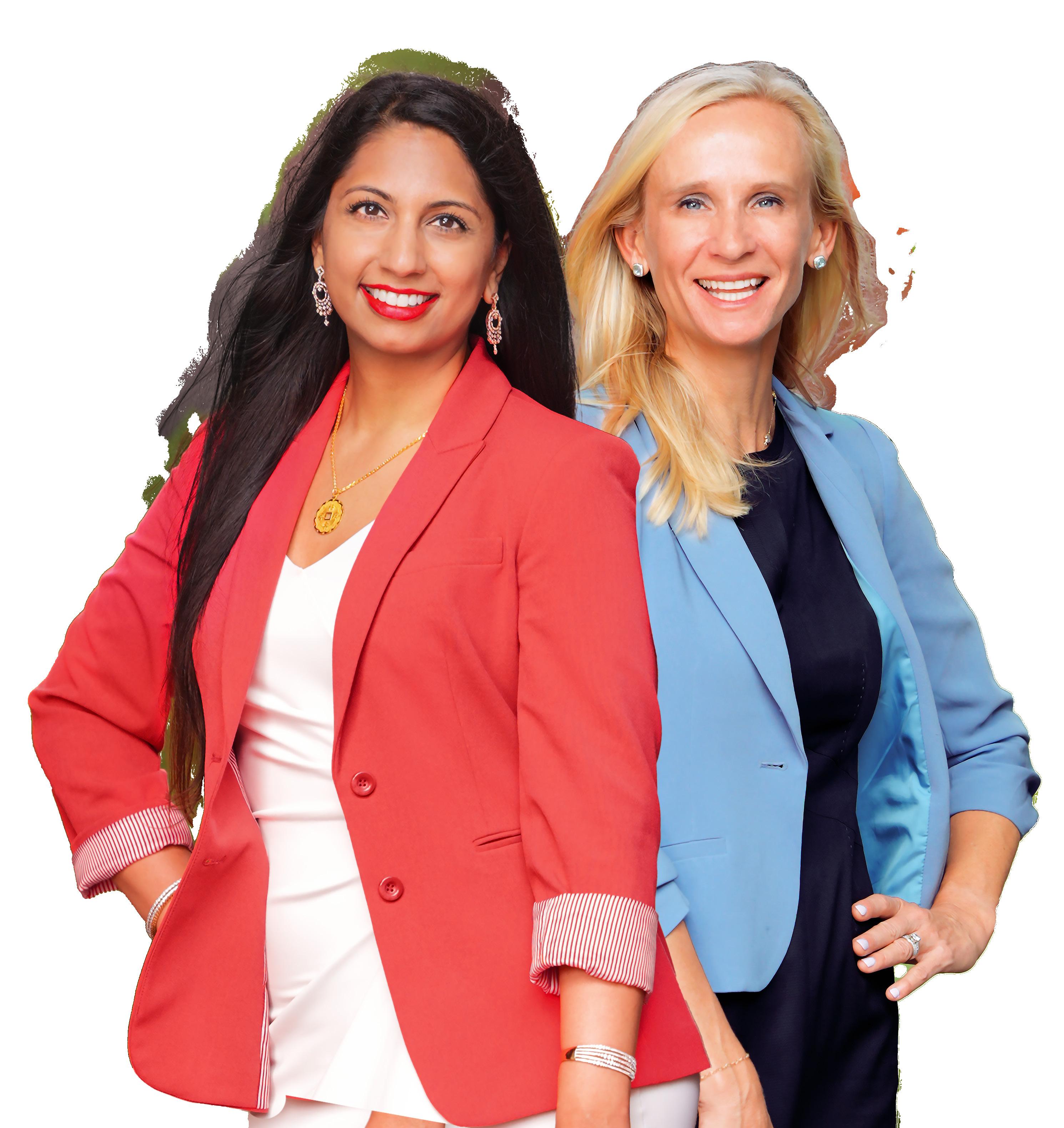
A PUBLICATION OF
JUNE 2024 VOL. 92 NO. 5 IN THIS TOGETHER Get to know the 2024-25 president
REACH RESOLUTION WITH US More details on Upchurch Watson White & Max Mediation Group at UWW-ADR.com or 800.863.1462 Orlando • Ormond • Ocala • Jacksonville • West Palm • Fort Lauderdale • Miami • Tampa • Birmingham
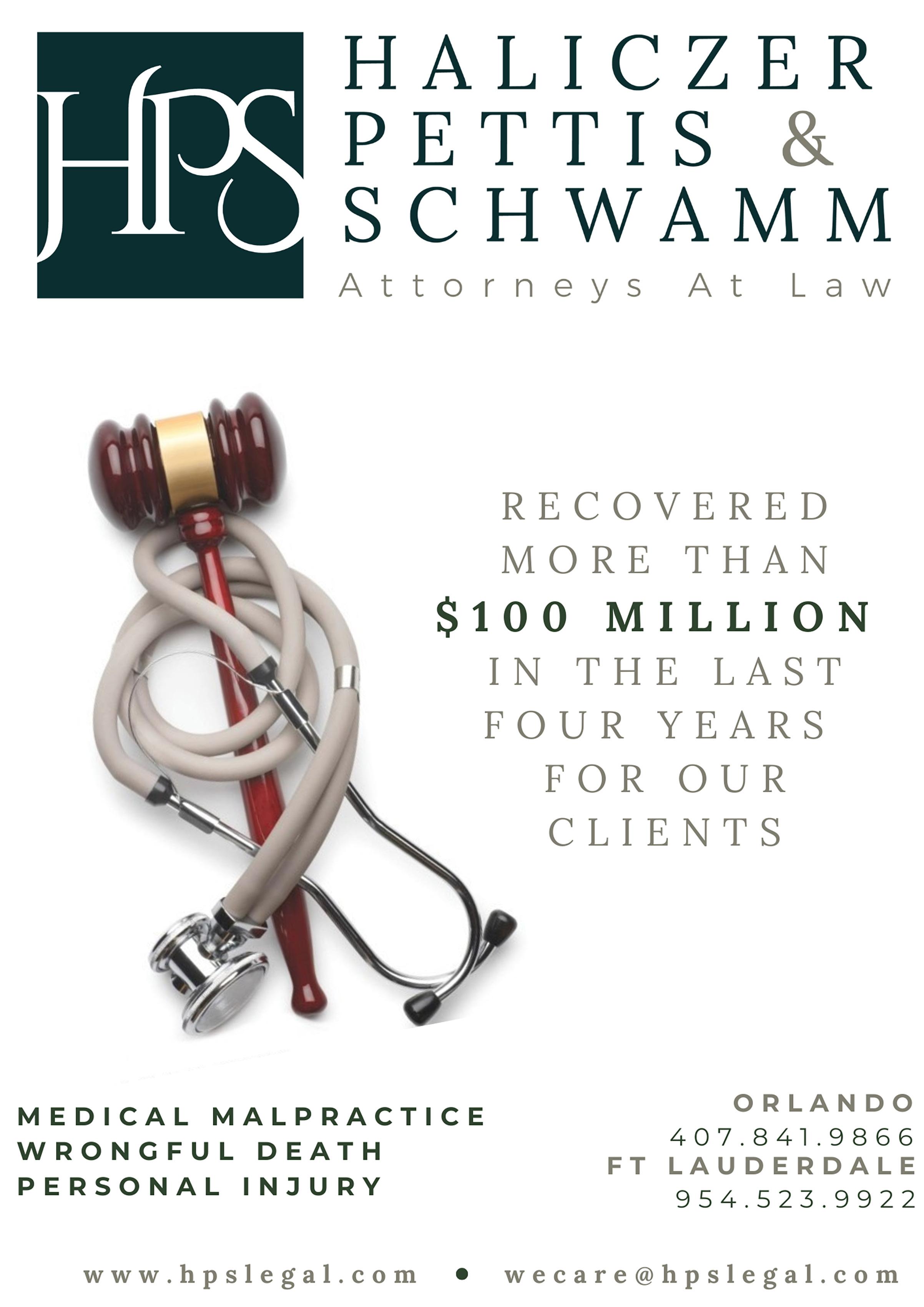
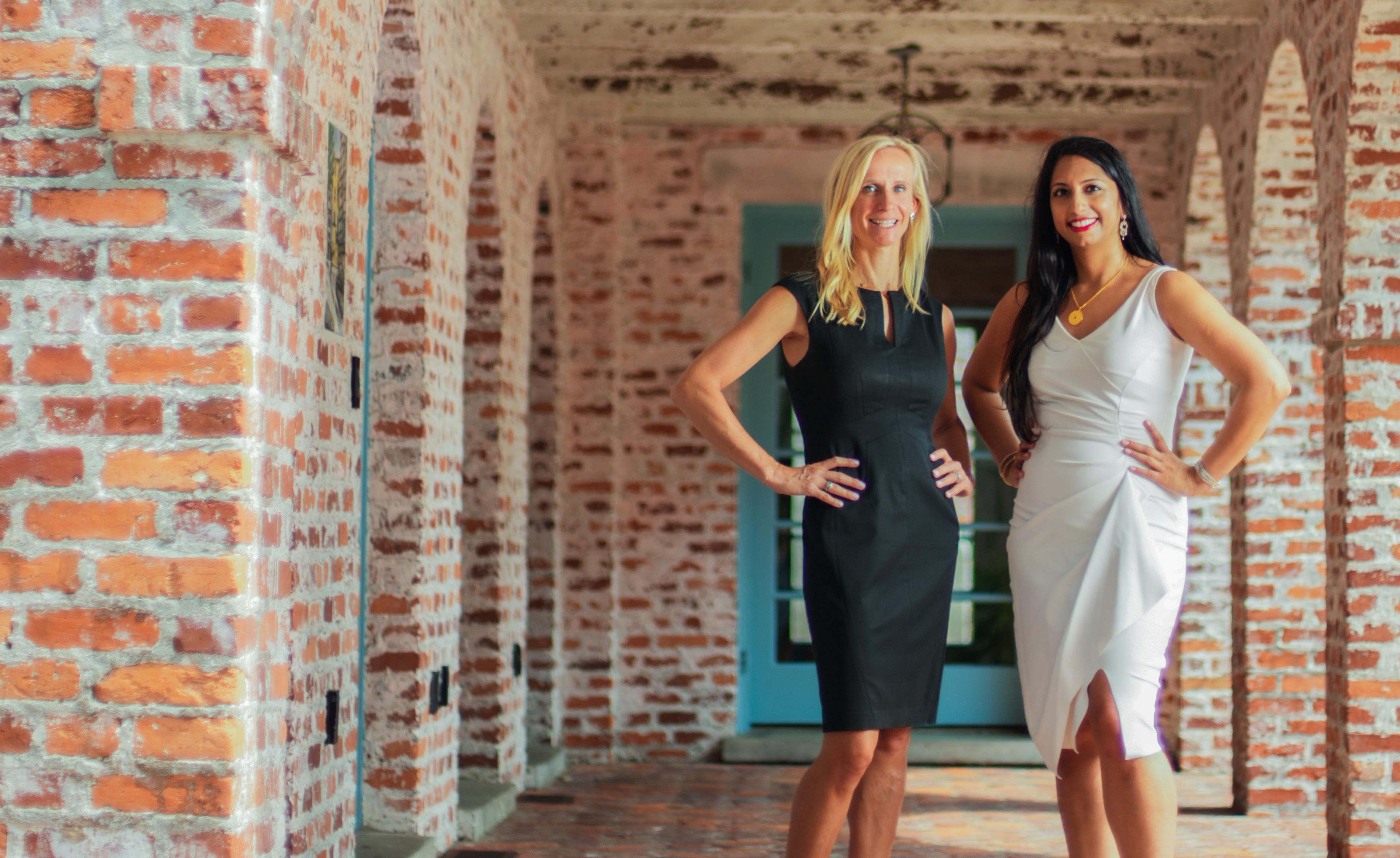
the Contents
“We
The
Reviving
Ana “Ani” Rodriguez-Newbern, Esq.
ADVERTISING DEADLINES
Magazine: 10th of month prior to publication
eEdition: 20th of month prior to distribution
Copy: Six weeks prior to publication
The Honorable Margaret H. Schreiber
If the deadline falls on a weekend or holiday, the deadline is the next business day. Publication of advertising herein does not imply any endorsement of any product, service, or opinion advertised. The opinions and conclusions, including legal opinions and conclusions contained herein, are those of the authors and do not reflect official endorsement by the Orange County Bar Association or its officers and directors, unless specifically stated as such. ©2023 Orange County Bar Association. All rights reserved. ISSN 1947-3968 LETTERS FROM LEADERS 05 I SPECIAL ANNOUNCEMENT A Note from the Editor John Hunt FROM THE COMMITTEES 16 I EGT COMMITTEE Their Fair Share Jeanette Mora, Esq. 18 I PROFESSIONALISM COMMITTEE The Seven Habits of Highly Happy Lawyers
Heather
Rodriguez LEGAL AID SOCIETY 22 I PRO BONO SPOTLIGHT A Victor for Our Children: Victoria Manglardi Marie Priebe SIDEBAR: NEWS / EVENTS / UPDATES 28 I YOUNG LAWYERS SECTION Sean Mendez-Caitlin,
30 I HEARSAY
The Honorable
Pinder
Esq.
a Classic
LETTERS FROM LEADERS 06 I PRESIDENT’S MESSAGE
Did it Together”
10 I CLERK’S CORNER FCCC Priority Legislation
Arti Ajit Hirani, Esq.
Russell,
12 I CHIEF’S COLUMN A Marathon of Changes
Honorable Tiffany Moore
Esq.
4 I The Briefs I JUNE 2024
Amber Davis (left), OCBA Immediate Past President and Arti Hirani, OCBA President

880 N. Orange Ave., Orlando, FL 32801
Phone (407) 422-4551 Fax (321) 430-1558 orangecountybar.org
Legal Aid Society (407) 841-8310
Citizen Dispute (407) 423-5732
Family Law Mediation (407) 423-5732
Lawyer Referral Service (407) 422-4537
Foreclosure Mediation (407) 515-4330
Young Lawyers Section (407) 422-4551
the Briefs
Editor John M. Hunt
Associate Editors
Christine Wasula Tina Leger
Columnists
Alena V. Baker
Sean Mendez-Caitlin
Officers
Arti Ajit Hirani, President
Keshara Cowans, President-Elect
Lisa Gong Guerrero, Treasurer
Michael Barber, Secretary
Jacob Schumer, YLS President
Executive Council
Stephanie Alcalde
Catherine T. “Kate” Hollis
John M. Hunt
Bruce Mount
Jessica P. McGinnis
Alisia Adamson Profit
Rafael O. Rodriguez
C. Andrew Roy
Brandon M. Sapp
Todd C. Smith
Jennifer Smith Thomas
Jessica A. Travis
Interim Executive Director
Candice Disorbo
Advertising & Sponsorship Manager Ursla Gallagher
Marketing & Communications Manager Reatha Cruz-Johnson
Design Em Agency, emagency.com
A Note from the Editor
The June issue of the Briefs will be my last as Editor. Given that it is my last issue, I wanted to take some space to thank all those who make this publication possible and who often remain in the background.
First, thanks to the staff at the OCBA who work so hard to ensure the Briefs makes it to print every month. Special thanks to Reatha Cruz-Johnson, Ursla Gallagher, and Candice Disorbo. Without them, there would be no magazine. Thank you also to our fantastic design team over at Em Agency.
I also want to thank the Associate Editors who have worked with me since I took over as Editor in 2021: Ryan Tindall, Karen Middlekauff, Andrew Roy, and Lauren Brusca. Thank you for spending so many hours editing and for the feedback. Thanks also to Christine Wasula and Tina Leger for joining the team. I know the Briefs will be in great hands moving forward.
I would also be remiss if I did not thank LaShawnda Jackson, Eric Reed, Karen Persis, Amber Davis, and all of the members of the OCBA Executive Council. Thank you for giving me (and the Associate Editors) the opportunity to work on the Briefs. Special thanks to Kate Hollis as the Executive Council liaison. You have made sure we stay on track and kept me in line. If you see any of these folks out and about, be sure to thank them for all of their hard work.
Thank you also to the authors (particularly those who provide a monthly article) for providing consistently excellent content. Thank you to all of the sponsors who believe in the Briefs and its mission and help us keep it going.
Finally, thank you, dear reader, for taking the time out of your schedule to scroll (or flip) through each issue. Providing a topnotch publication sets the OCBA apart, and it would not be possible without you.
Thanks for reading and take care.
John Hunt Editor

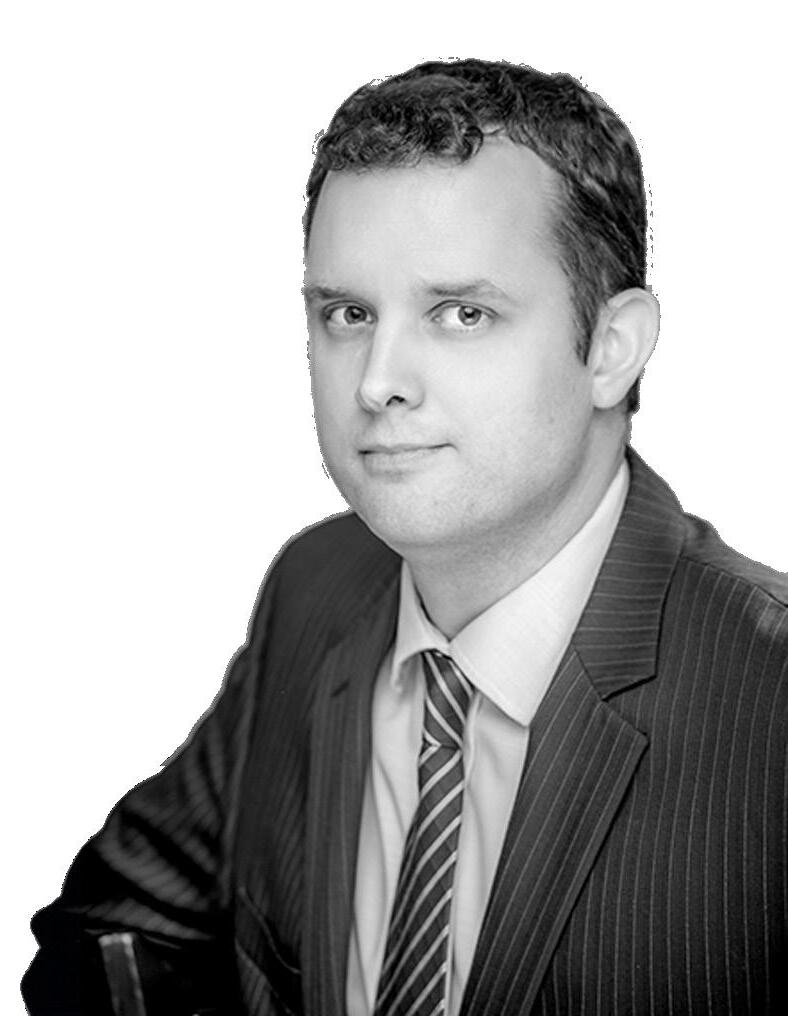
2024 VOL.92 NO.5
JUNE
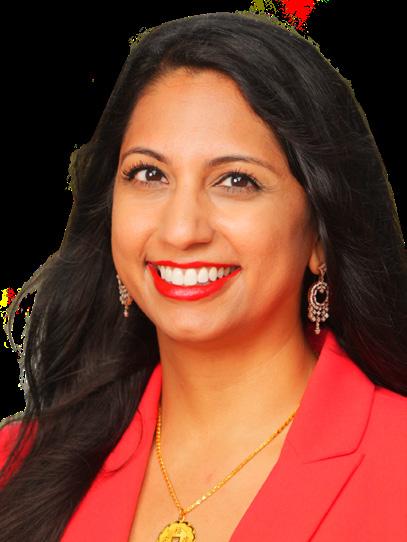
Arti Ajit Hirani, Esq. is an attorney at Meenakshi
A. Hirani, P.A. She is both serving president of the association and presidentelect of the Young Lawyers Section.
“WE DID IT TOGETHER”
Get to know the new OCBA president’s history, accomplishments, and goals for the next year.
My name is Arti Ajit Hirani, and I am incredibly honored to be the President of the best voluntary bar organization in the State of Florida, the Ninth Judicial Circuit, Orange County. Let’s start with a little about myself. I was born down the street from the Orange County Bar Association (OCBA), studied at Lake Highland Preparatory School, and attended the world’s finest undergraduate school, the University of Florida. After college, I returned to Orlando to our very own Barry University, Dwayne O. Andreas School of Law to obtain my law degree. I passed the New York Bar exam, even traveled to attend the University of Chicago Booth School of Business and obtained my Executive MBA, while I simultaneously attended the University of Florida in Gainesville, FL, and received my LLM in International Tax Law. No matter where I traveled or how beautiful the rest of the cities, states, and countries were, Orlando and the Ninth Judicial Circuit always welcomed me home.
I am a fourth-generation lawyer who has never wanted to be anything other than a practicing attorney. I work at Meenakshi
A. Hirani, P.A., for and with the most brilliant attorney I have ever had the pleasure of practicing with: my mother, Meenakshi Hirani. My mother is my hero, and throughout my life, I watched her work hard to build an amazing legal reputation and career for the second time after she moved from India. I watched her rise to be President of the Legal Aid Society of the OCBA as well as the Central Florida Association of Women Lawyers. Her great example has motivated me throughout my life to achieve more, and it has also inspired me to be the lawyer and person I am today. With that as inspiration, I
became President of the CFAWL, and I now have the great honor to serve as your OCBA President for the upcoming year.
I am proud to say that for the first time in our Bar’s history, our organization will be led by someone of Indian descent, who also happens to be the youngest and the first President to maintain a seat on the OCBA Young Lawyers Section Board. I will maintain my Young Lawyers Section seat because I am the President-Elect of the Young Lawyers Division of the Florida Bar. This is the first time this has happened in the Ninth Judicial Circuit and creates a unique opportunity for our bar.
What does this mean for the bar? I hope this makes our bar more inclusive, more understanding and more appreciative of what we have. There is a reason why we have an entire section of the OCBA dedicated to being a young lawyer. There are several practice series or CLEs on the Florida Bar website that teach you about how to work a case from start to finish, but there are certain things you can’t completely learn through a lecture, such as how to mend fences when attorneys take things personally when working with each other and how to remain levelheaded in a profession that breeds and ensures debates and competition. These are things that sometimes must be experienced and learned in real time. I hope, with having a leader who sits on both the OCBA Executive Board and the Young Lawyers Section, my year bridges a gap that will unite younger attorneys, more seasoned attorneys, and in between attorneys encouraging more mentoring, education, connecting, and collaboration for the betterment of our bar association.
PRESIDENT’S MESSAGE 6 I The Briefs I JUNE 2024

orangecountybar.org I The Briefs I 7
For me, it is simple: I do it for the community. We all need each other. I want to make sure our members feel supported, and that they have the relationships, friendships, and tools needed to survive in our changing legal landscape.
This is the perfect segway into my mission. Many may wonder why I wanted to be President. It is a lot of hard work for which we are not paid, and even more responsibility, which takes time away from your work life and your personal life. This bears repeating — we make no money from this service. So why do we do this again?
For me, it is simple: I do it for the community. We all need each other. I want to make sure our members feel supported, and have the relationships, friendships, and tools needed to survive in our changing legal landscape. This is not always the case. Just this year, on multiple occasions, I have seen those in our profession struggle. I have seen many professionals lack professionalism inside and outside of the courtroom and others who feed into the gossip mill. To some, the practice of law can be an extremely lonely life. Many in our profession unfortunately suffer from substance and alcohol abuse, stress, anxiety, and depression. Our Orange County Bar Association should act as a resource by providing education and a lifeline to assist our members.
I consider myself lucky. There are so many friends and colleagues in the OCBA and other voluntary bar associations that have become like family to me. Through people like OCBA Professionalism Award winner Brandon Sapp, OCBA Executive Board member Kristopher Kest, Florida Bar Past President Scott Westheimer, and Florida Bar President-Elect Sia Baker Barnes, I have personally seen the best of our profession in my involvement with bar service. I have witnessed the great things that can happen if we support each other. We all know that in our profession, time is money, and even though my friends and colleagues are extremely busy in their own personal and professional lives, they make time to reach out to help me.
I lean on my friends and colleagues for support. I remember calling one of my clos-
est friends, Charise Morgan, who is the incoming President of the Miami Dade County Bar Association and the first African American female President to lead the organization. I was stressed about a case, and she told me, “Our profession is adversarial by nature, of course it hurts.” My talk with her reminded me we all go through things and there are times when all you need is a friend. There is a sacrifice in being involved and leading voluntary bar associations, such as the OCBA, but the friends, family, and community you gain makes it worth it.
I thought a lot about what our theme should be this year. I remember Keshara Cowans, as President of the OCBA YLS, came up with the phrase “We do more.” The message was an inspiring mantra that galvanized the OCBA YLS and continues to inspire us till this day. When I was first elected a Board of Governor for the Young Lawyers Division of the Florida Bar years ago, an organization made up of elected members from all the circuits in the State of Florida, I was told “No matter what, the Ninth Circuit sticks together.” They say two heads are better than one. We have over 3�000 members in our membership. We are stronger together than we are apart. So, what is the theme this year? “We did it together.” Through connections and camaraderie, we will achieve great things, and we will ensure the OCBA works together and remains the best bar association in the State.

Arti Hirani
PRESIDENT’S MESSAGE
8 I The Briefs I JUNE 2024
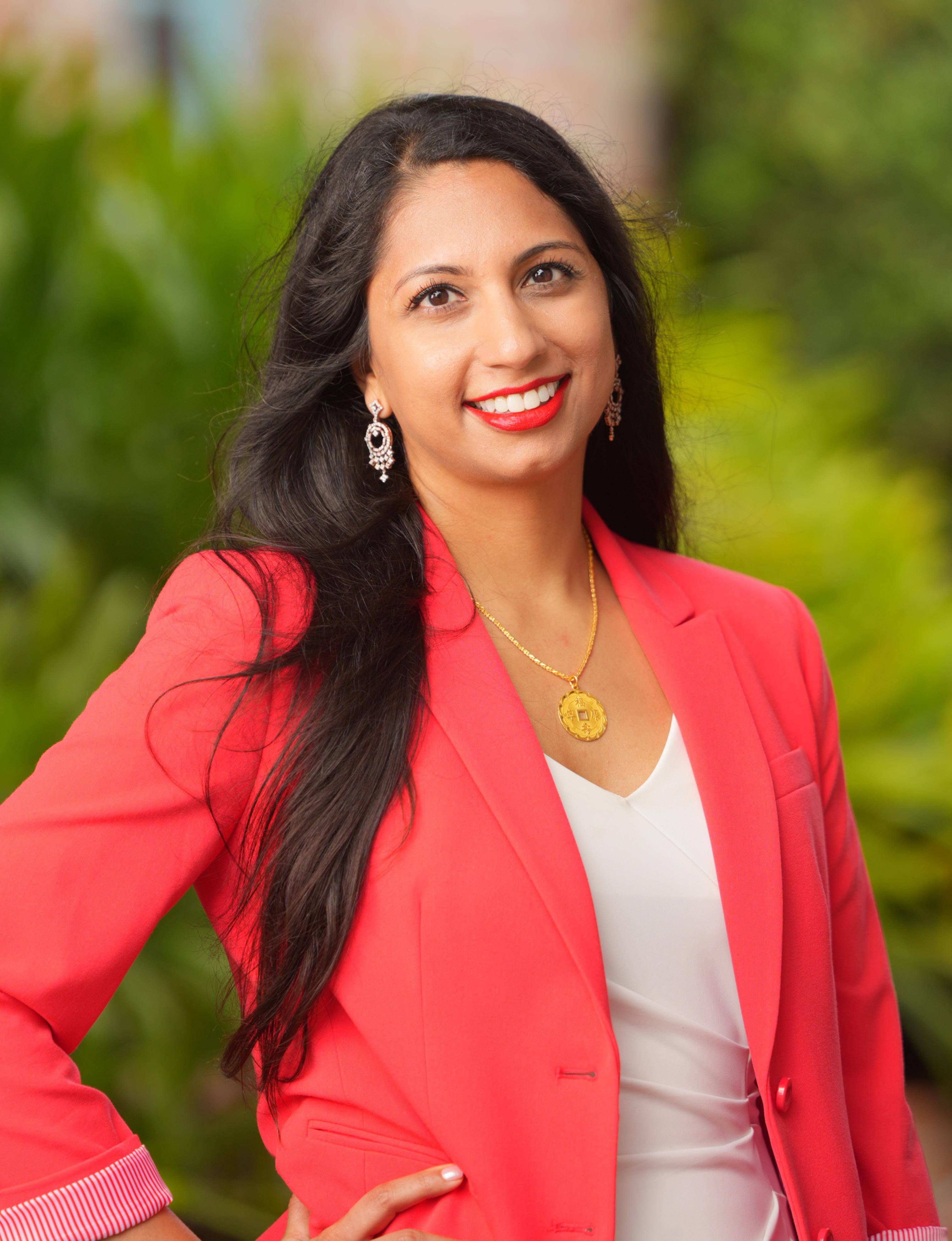
orangecountybar.org I The Briefs I 9
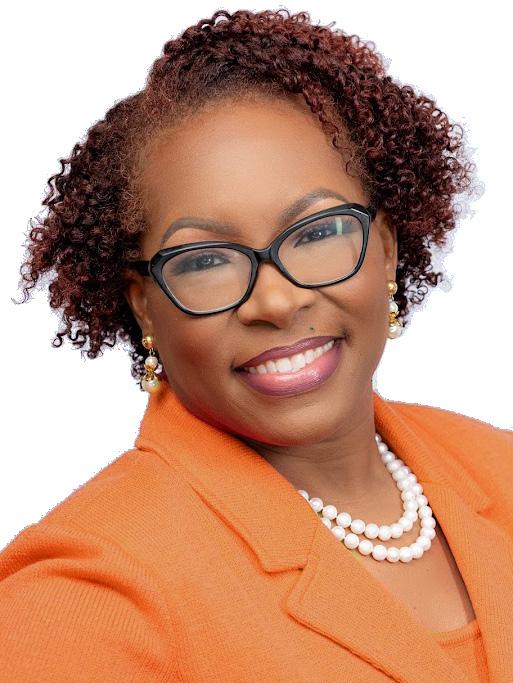
FCCC PRIORITY LEGISLATION
Legislature passes bill to bolster clerk of court funding and technology.
I am pleased to share the Florida Court Clerk’s and Comptroller’s (FCCC) priority legislation was passed this session which, will continue to help stabilize Clerk of Court funding if passed into law.
The bill — CS/CS/HB 1077 by Rep. Adam Botana (CS/CS/CS/SB 1470 by Sen. Travis Hutson) — will specifically help stabilize revenue sources for court-related services, provide flexibility for improving court-related technology, and create a driver’s license reinstatement pilot program in Miami-Dade County. Just last month, the Governor signed the legislation into law.
As Clerks of Court, we have over 1�000 statutory responsibilities to serve the public, the court system, and our justice partners. This legislation is another great step toward helping Clerks diversify funding to ensure our services are available. It also gives us the flexibility to improve our operations and technology.
I want to thank Senator Hutson and Representative Botana for advocating for these bills and the entire Florida Legislature for continuing to recognize the challenges Clerks face.
The legislation redirects 100 percent of a $12�50 administrative fee associated with certain traffic violations covered under Chapter 318, F.S., to Clerks’ offices. It also contains an update to Chapter 34, F.S., for the issuance of summonses in county court, allowing Clerks to receive revenue originally intended through last year’s priority legislation (CS/HB 977). These improvements are forecasted to result in a total statewide budget increase of $28�8 million for Clerks.
In addition to these changes, the legislation authorizes Clerks to invest funds from the Fine and Forfeiture Fund into an interest-bearing account for court-related operations and enhancements. Many of the components in these priorities are key to helping close the ongoing gap between available funds and current operating budgets for Clerk of Court offices.
I look forward to continuing to work with the Orange County Legislative Delegation as we bring forward solutions to further address the funding needed to support our offices and protect the critical services we provide.
Until next time,
 Russell Orange County Clerk of Courts
Russell Orange County Clerk of Courts
CLERK’S CORNER
Tiffany Moore
10 I The Briefs I JUNE 2024
The Honorable Tiffany Moore Russell, Esq., Orange County Clerk of Courts, has been a member of the OCBA since 2004.
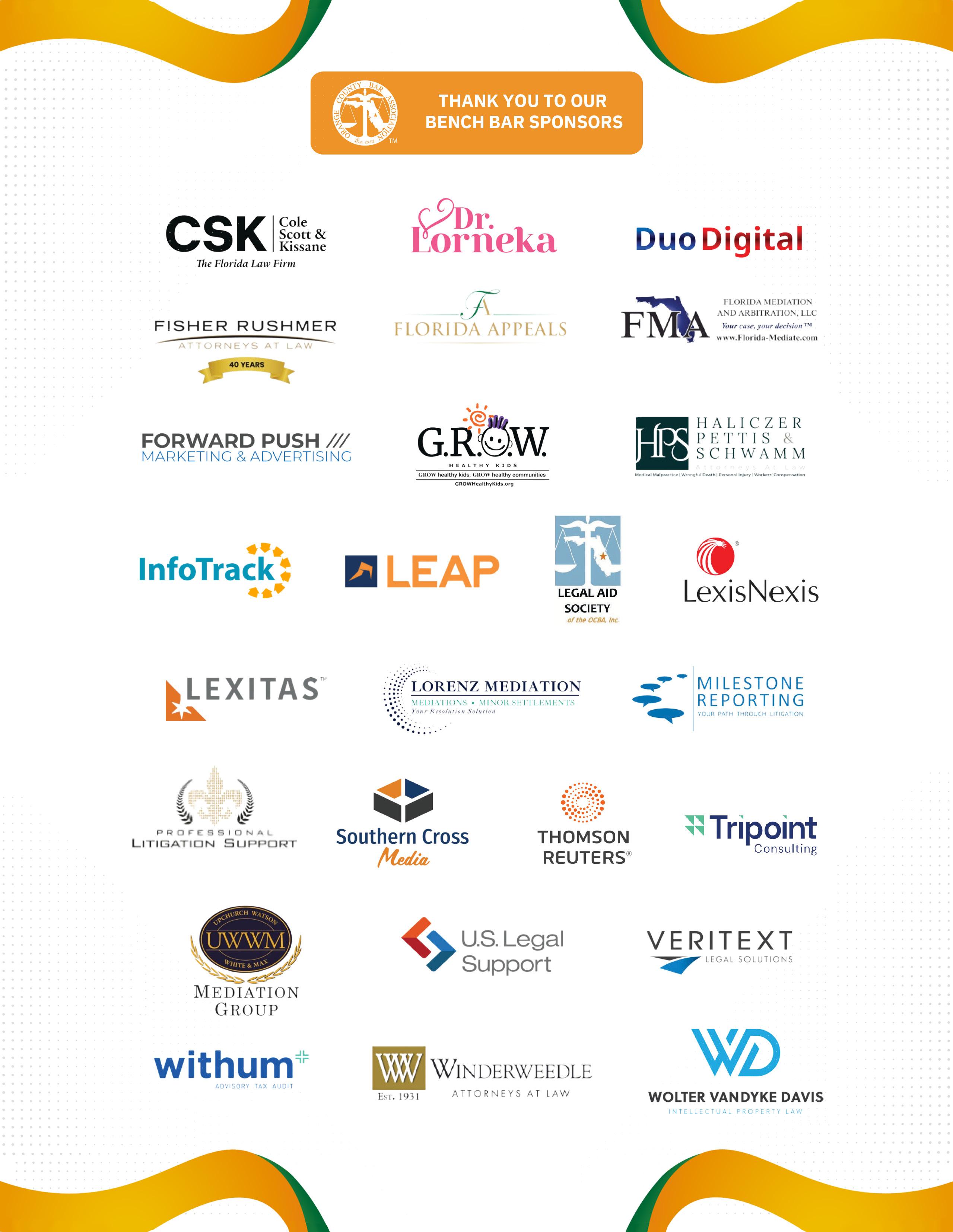
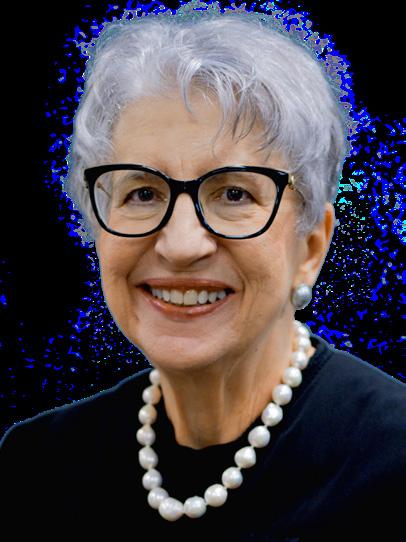 The Honorable Margaret H. Schreiber
The Honorable Margaret H. Schreiber
A MARATHON OF CHANGES
The Florida Rules of Civil Procedure.
Before the Marathon Begins
Major modifications to the Florida Rules of Civil Procedure are in the works! Much like running a marathon (which this writer admittedly has no experience with), the process of preparing and planning that goes into reaching the finish line in this case has been extensive, well-considered, and driven by the vision and passion of our judges, attorneys, legal organizations, and many others who share the goal of providing a better procedural system of rules to enhance the administration of justice by enhancing the civil case management process.
In 2016, the “Long-Range Strategic Plan for the Florida Judicial Branch 2016-2021” was adopted. This Strategic Plan guided the strategy for the marathon to come.
The Starting Line and the first 10 miles (2019 – 2022): Workgroup to Proposal
Pursuant to an October 31, 2019, Administrative Order signed by Chief Justice Charles Canady, the Florida Supreme Court ordered the creation of a Workgroup on Improved Resolution of Civil Cases established within the Judicial Management Council. Chaired by Second DCA Judge Robert Morris, the Workgroup was charged with recommending procedural rule changes designed to “improve the clearance rate of civil cases, reduce the time and cost of litigation, . . . and make more effective use of court resources.”
On January 10, 2022, the Workgroup filed its extensive Proposal, warning it represented a “sea change” from an existing trial culture where, case resolution is largely driven by lawyers and litigants. Modeled after the Federal system, the Proposal created a differential case management system setting inflexible trial dates at the beginning of a case and deadlines for filing motions and rendering orders. The Proposal included twenty-six modifications to existing rules and six proposed new rules. Chief Justice Charles Canady noted: “We understand the magnitude of some of those proposals, and it is important that we have full input and deliberate fully as we consider [them].”
The Second 10 Miles (January 2022 – March 2024): Proposal to Oral Presentation
1. https://www. floridasupremecourt.org/CaseInformation/Rules-CasesProposed-Amendmends (last visited May 28, 2024)
2. Oral argument is available for viewing on The Supreme Court Website.
The task of the Workgroup was to modify or create rules that would provide civil judges with greater judicial control of their cases to reach that goal. Judge Morris stated at the December 2019 Board of Governor’s Meeting: “We need to do something about this [civil case management] and it’s our time to try and work on it.” He then noted: “People don’t like change. This is a major paradigm shift.”
The Florida Supreme Court determined to break the proposed changes into manageable “batches” and send them to the Committee to do the work. The first “batch” included Rule 1�200 (case management for streamlined and general cases); Rule 1�201 (complex case management); Rule 1�280 (discovery); Rule 1�440 (“at issue” requirement); and Rule 1�460 (continuances). The Committee prepared two alternative sets of proposed rules for comment: Track A (includes amendments based on the Court’s existing case management requirements that went into effect during the COVID-19 pandemic), and Track B (a refinement of the Workgroup’s proposal for differentiated case management).1 Both Tracts include initial discovery and supplementation of discovery requirements as well as elimination of the “at issue” requirement of Rule 1�440 and the narrowing grounds for continuances. On
Circuit Court Judge Ninth Judicial Circuit Court
CHIEF’S COLUMN
12 I The Briefs I JUNE 2024
September 19, 2022, the Workgroup filed its detailed Response to Comments.
The Florida Supreme Court held oral argument on the proposed changes on March 7, 2024.2 The presenters included Landis V. Curry III, Maegen Peek Luka, the Honorable Anne-Leigh Gaylord Moe, and Russell Landy. The hard work of the Workgroup and the Committee resulted in detailed analyses of all the proposed changes, sometimes boring into a discussion as to the need for or change to a single word difference between the two Tracks – an analysis that is beyond the scope of this column.
The Final 10K (March 7, 2024
- Present)
Oral Argument to The Final Rules Opinion Judges and attorneys can expect potentially significant changes based upon what the Supreme Court does. Those changes may involve:
• Elimination of the “at issue” rule;
• Setting an actual or a projected trial date;
• Continuances;
• Duty to supplement discovery;
• Flexibility of converting CMCs to hearings on all pending motions;
• Penalties for a party’s failure to appear;
• Strict enforcement of deadlines; and
• Changes to track assignments without motion.
The Finish Line
The Workgroup, all Circuits that provided comments, the Florida Bar’s Business Law Section, both plaintiff and defense law firms, and nearly all ad hoc comments supported the Tract A version overall, with varying suggestions to include certain provisions from Tract B.
I can’t wait to see what’s on the other side of this finish line!
Preferred Vendors
These vendors are supporters of the OCBA. Many o er special discounts to members. We encourage you to use their services to grow your practice.
HOTEL SAVINGS
The Residence Inn by Mariott / Located at 680 N Orange Ave., just two blocks from the OCBA building. Discounted rates include complimentary self-parking, complimentary breakfast buffet, and wireless HSIA.
DISCOUNT MERCHANDISE
National Purchasing Partners (NPP)
Helps members reduce costs with exclusive pricing through a variety of brands nationwide. bit.ly/ocbasavingsclub
LEGAL SUPPORT SERVICES
Clio / Cloud-based practice management system. Members save 10% on monthly subscription clio.com/OCBA
LawPay / Quickly and securely accept online payments anytime, anywhere. No debits are allowed from your IOLTA, at any time for any reason, guaranteed. Sign up by January 31 and pay no monthly fees for 3 months + a �100 Visa gift card.
DISCO (NYSE: LAW) / AI-powered legal solution that simplifies ediscovery, legal document review and case management. cdisco.com/raise-the-bar
LEAP / Legal practice productivity solution combining practice management, accounting, document management, and legal publishing into one cloud-based system. leap.us/florida / sales@leap.us / 844-702-LEAP
FirmPro / Helps protect law firms with 1-9 attorneys and offers a discounted rate to attorneys averaging less than 26 billable hours/week. insuringlawyers.com/get-insurance-quote
Florida Lawyers Mutual Insurance
Professional liability insurance to help protect Florida lawyers and their clients. 800-633-6458
PEACHTREE VA / Highly vetted, US based Virtual Assistants that perform common administrative tasks for as little as 25 hours a month. Call Darleen Priday for a consultation. 678-622-4283 / darleen.priday@peachtreeva.com
Find a complete list of vendors at orangecountybar.org/ for-attorneys/member-benefits/featured-benefits/ To become a Preferred Vendor, contact our Advertising & Sponsorship Department The businesses listed herein (the“Vendors”) are not affiliated with the Orange County Bar Association (OCBA) and shall not under any circumstances be deemed to have any authority to act on behalf of the OCBA. The OCBA does not make, and expressly disclaims, any warranty, representation, responsibility, or guarantee as to (a) the quality or suitability of the Vendors, their products, or services, and (b) the duration or validity of any discount or other promotion offered by any of the Vendors.
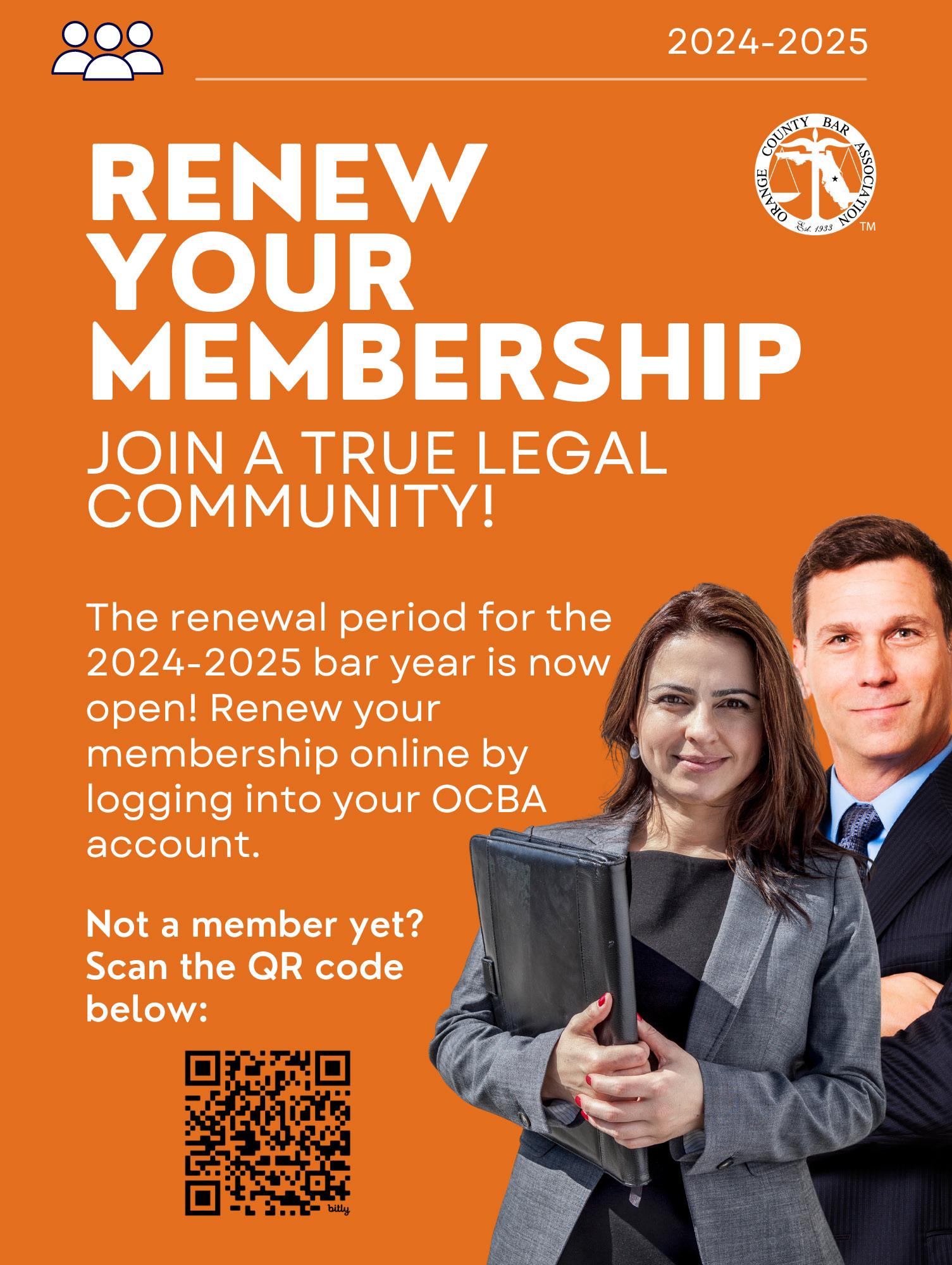

• EXHIBIT SHARING
• VIDEO STREAMING
• ONLINE REPOSITORIES
• VIDEOCONFERENCING
• VIDEO SYNCHRONIZATION
• COURT REPORTING
• VERITEXT VIRTUAL
• MULTIMEDIA DEPOS
• DIGITAL VIDEOGRAPHY
SCHEDULE NOW!
SCHEDULE YOUR NEXT DEPOSITION OR PROCEEDING: lhernandez@veritext.com | mhupp@veritext.com www.veritext.com


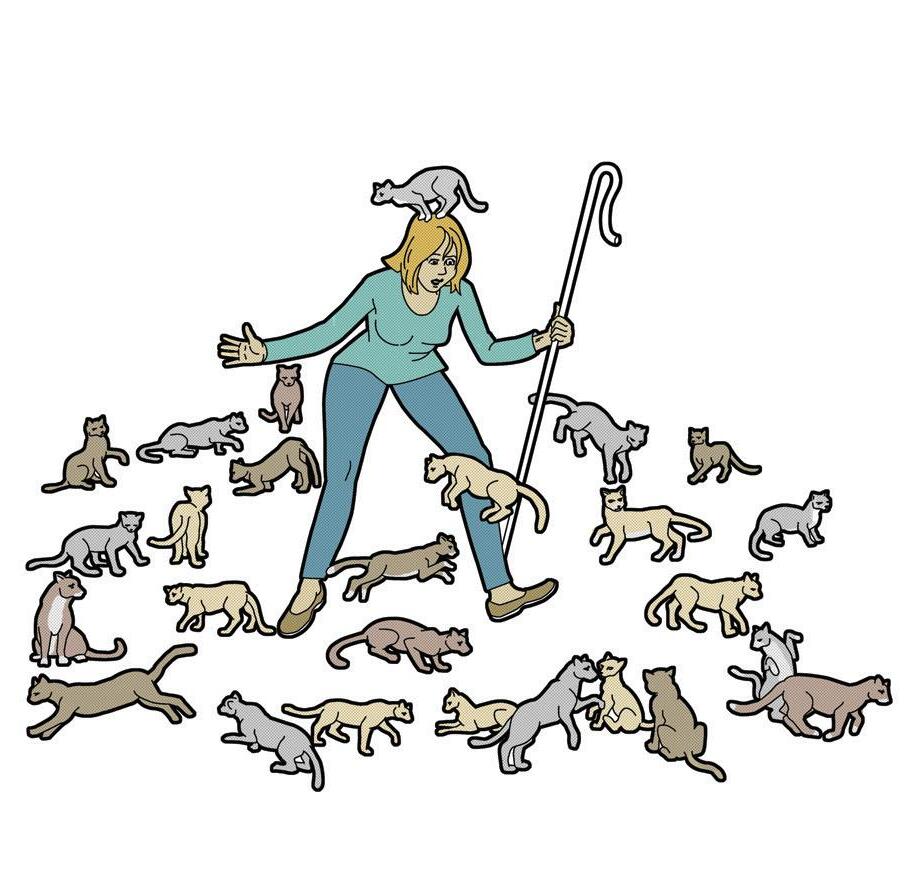
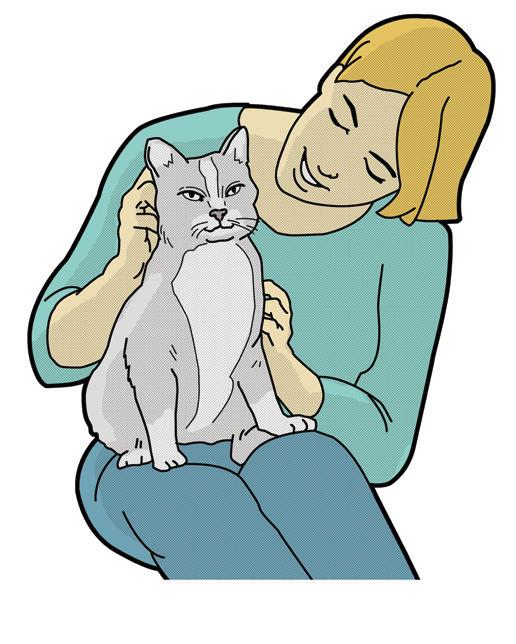
ORANGE COUNTY BAR ASSOCIATION VERITEXT
SUPPORTS THE Court Reporting • Video Services • Remote Depositions • Data Security CHOOSE VERITEXT’S
TECHNOLOGIES
WORKDAY!
PROUDLY
LEADING EDGE
TO SIMPLIFY YOUR
For complex immigration matters made simple, this is where you want to BrownImmLaw.com 407.753.4469 14 I The Briefs I JUNE 2024
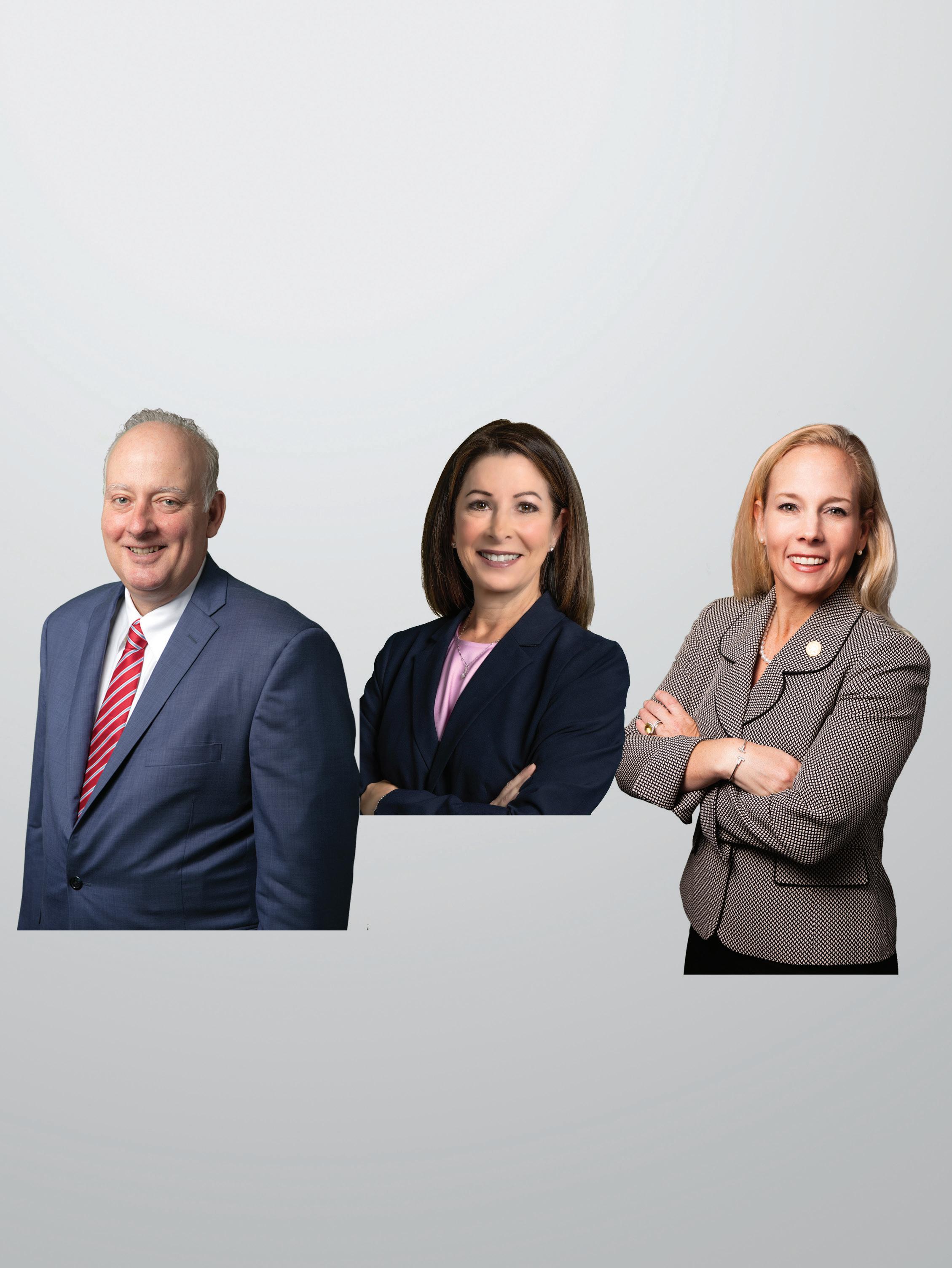

Copyright © 2024 Holland & Knight LLP All Rights Reserved Certified Circuit Court Mediators www.hklaw.com Orlando, FL | 407.425.8500 Effective. Insightful. Experienced. David E. Cannella Board Certified – Business Litigation david.cannella@hklaw.com Suzanne E. Gilbert suzanne.gilbert@hklaw.com Jamie Billotte Moses* Board Certified – Appellate Practice jamie.moses@hklaw.com * Also a Certified Appellate Court Mediator
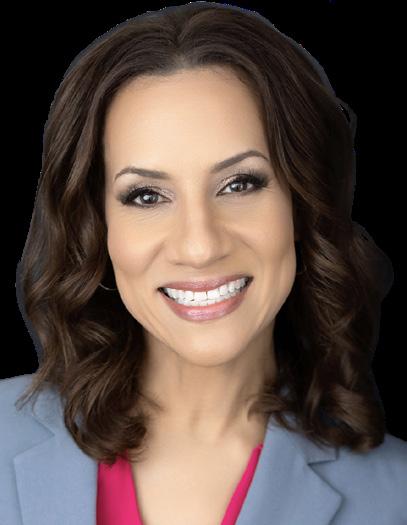
THEIR FAIR SHARE
Understanding Florida’s Elective Share.
In Florida, as in many other states, there are laws in place to protect surviving spouses and ensure they receive a fair share of the deceased partner’s estate. One such legal provision is known as Florida’s Elective Share. Florida’s Elective Share is a legal mechanism that allows surviving spouses to claim a certain portion of their deceased spouse’s estate, even if they were not included in the deceased spouse’s will or testamentary plan. The rationale behind Florida’s Elective Share is to provide financial protection for the surviving spouse, especially in situations where they might have been excluded from the will intentionally or unintentionally.
How Does Florida’s Elective Share Work?
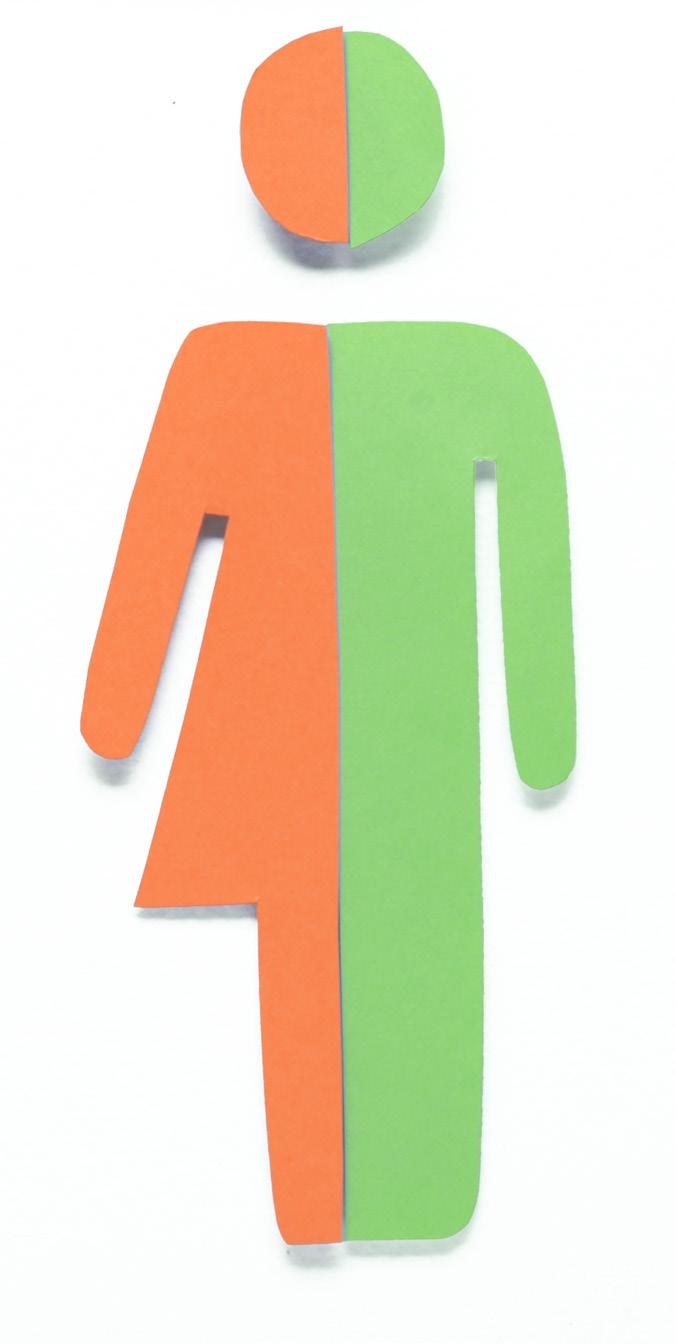
1 §732.2035, Fla. Stat. (2024).
2 Fla. Prob. R. 5.360
Under Florida law, the elective share amount is 30% of the deceased spouse’s elective estate. But not so fast, the calculation for the purposes of determining the elective share are not quite straightforward. The following assets are included in the decedent’s elective estate1:
1. The decedent’s probate estate;
2. The decedent’s interest in protected homestead;
3. Joint bank accounts, pay-ondeath accounts, Totten trusts, and similar account types;
4. Property held in joint tenancy with right of survivorship and tenancy by entireties;
1. Pre-1999 irrevocable transfers;
2. Transfers of property for which the decedent received adequate consideration;
3. Transfers of property made by the decedent with the decedent’s spouse’s consent;
4. Life insurance proceeds in excess of it’s cash surrender value;
5. The decedent’s onehalf (1/2) of any community property;
6. Property held in a qualifying special needs trust for a disabled surviving spouse;
5. Revocable trusts (and other revocable transfers);
6. Irrevocable transfers by the decedent;
7. Transfers with retained right to discretionary principal distributions;
8. Irrevocable transfers not subject to Elective Share;
9. Net cash surrender value of life insurance policy immediately before death;
10. Pensions and retirement plans;
11. Transfers made within one year of the decedent’s death; and
12. Irrevocable transfers to Elective Share Trust;
The statute specifically excludes the following from the elective estate:
7. Property where the decedent possessed a general power of appointment;
8. Homestead property if the decedent died before July 1, 2017; and
9. Homestead property after July 1, 2017, if the surviving spouse validly waived their Homestead rights.
Order of Priority in Satisfying the Elective Estate
If the assets passing to the surviving spouse are not sufficient to satisfy the elective share, the remaining balance is apportioned as follows: First, from the decedent’s probate estate and any revocable trusts created by the decedent. Second, property held in joint bank accounts, pay-on-death, transfer-on-
EGT COMMITTEE
Jeanette Mora, Esq., is a probate, guardianship, and estate planning attorney in Winter Park and is a Fellow with the Florida Bar Real Property Probate and Trust Law Section. She currently serves as Co-Chair of the EGT Committee and Chair of the Elder Law Committee.
16 I The Briefs I JUNE 2024
death, joint tenancy with right of survivorship and tenancy by the entireties, direct beneficiaries of insurance or retirement plans, and real property transferred by the decedent during life. Third, all other property interests except protected charitable interests.
If these assets are not sufficient to satisfy the remaining elective share amount, the remaining balance is satisfied from property held in trust in which the spouse has an interest but is not considered an elective share trust or special needs trust. Any remaining unsatisfied balance is satisfied from recipients of protected charitable lead interests.
Florida’s elective share is not automatic. The surviving spouse must make an election to claim the elective share within a specific timeframe, typically within six months of receiving notice of the administration of the deceased spouse’s estate. Failing to make the election within the prescribed timeframe may result in the forfeiture of the elective share rights. Rule 5�360, Florida Probate Rules, outlines the procedural steps to determine entitlement to the elective share2 .
Creditors
The surviving spouse’s elective share takes priority over beneficiaries under the decedent’s will or re-
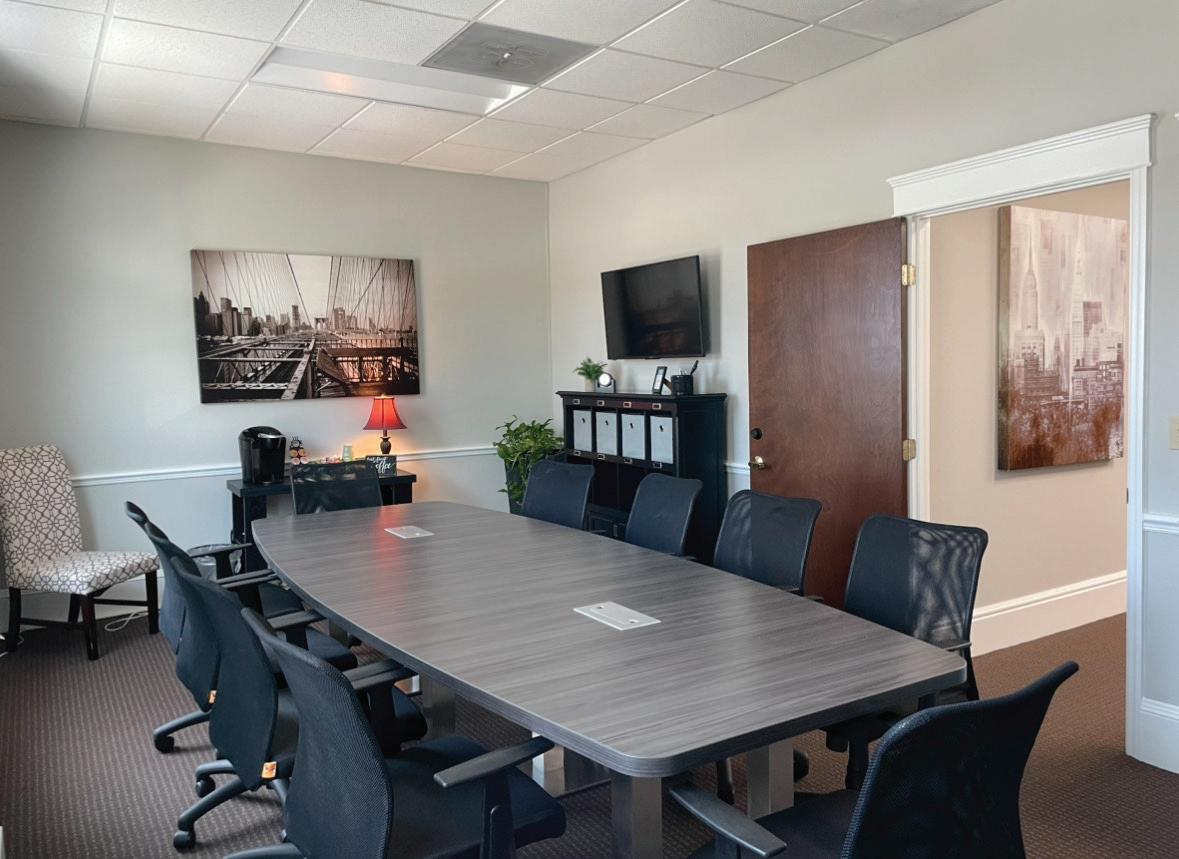
vocable trust as well as administration costs; however, it does not take priority over the claims of the decedent’s creditors. Debts of the decedent will reduce the value of the aggregate assets included in the elective share and the surviving spouse receives the smaller “net” elective estate. Creditors must be satisfied before distributions to any beneficiary, including the surviving spouse.
Implications for Estate Planning
Understanding Florida’s Elective Share is crucial when engaging in estate planning. It serves as a reminder that spouses have certain rights that cannot be easily disregarded through testamentary documents alone. When considering estate planning strategies, it is crucial to be aware of the potential impact of the elective share on the distribution of assets.
To mitigate potential conflicts and ensure that the distribution of assets aligns with one’s intentions, clients may consider various estate planning techniques. These may include prenuptial or postnuptial agreements, trust planning, and other strategies that provide flexibility while protecting the interests of both spouses.
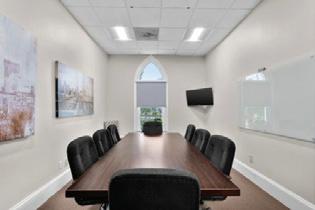
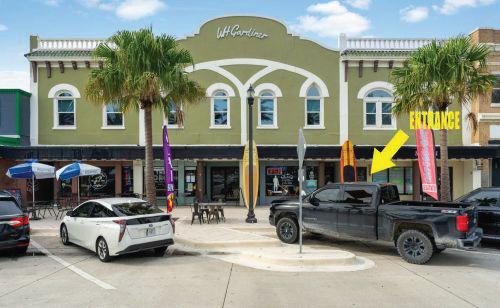

Upchurch Watson White & Max MEDIATION GROUP
proudly welcomes
Frank M. Bedell to its distinguished panel.
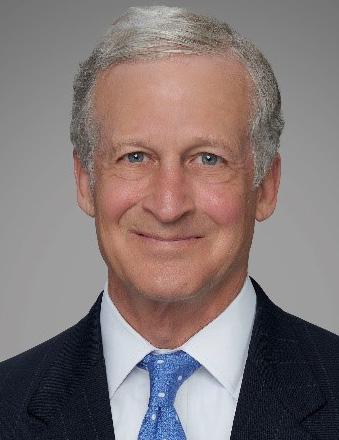
» Commercial trial lawyer and veteran dispute resolution practitioner with more than 35 years of experience.
» Federal Court and Florida Supreme Court Certified Circuit Civil Mediator.
» Practicing in these and other areas: Breach of Contract Claims, General Civil Litigation, Commercial Litigation, Personal Injury, Real Estate Disputes, Theft of Trade Secrets and Non-Compete Claims, Professional Negligence Claims and Probate and Trust Disputes.


This article was originally published in the Fall 2023 issue of ActionLine, a Florida Bar Real Property and Trust Law Section publication. linkedin.com/company/upchurch-watson-white-&-max
Frank Bedell fbedell@uww-adr.com
MEDIATION | ARBITRATION | E-DISCOVERY | SPECIAL MASTERS CALL TOLL FREE: 800-863-1462 READ MORE & SCHEDULE: WWW.UWW-ADR.COM orangecountybar.org I The Briefs I 17
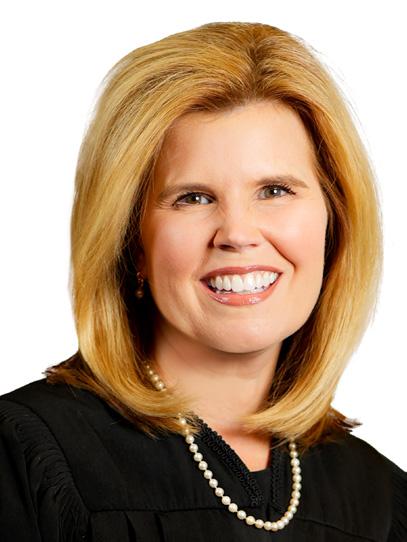
THE SEVEN HABITS OF HIGHLY HAPPY LAWYERS
Adapting one of the world’s most popular self-help books for legal life.
If you are reading this article, you are presumably committed to professionalism ideals, and, like many of us, become frustrated when interacting with those who ignore the basic tenets of the Attorney’s Oath of Admission. While we cannot control the behavior of others, we can control our response that behavior. When we are centered and level-headed, it becomes
HABIT #1: Surround Yourself with People You Admire.
We know we need strong mentors, colleagues, and friends; however, often we become too busy to actively search for these relationships or intentionally nurture them. Yet, when we are with people we admire we learn from their wisdom, share our struggles, and discuss solutions. Spending time with people we respect helps us stay grounded and maintain perspective.
When we are centered and level-headed, it becomes easier to withstand the stress and strain of difficult attorneys who scoff at the beliefs we espouse.

Hopefully, we fi nd these admirable people through
if not more, can be found in professional organizaand other voluntary bars, our involvement in these organizations we connect,
er. We fi nd a sense of belonging with others who share our expectations of civility and commitment to our community. When we take the next step and
through the Legal Aid Society or a service project, we forge deeper connections and friendships that
PROFESSIONALISM COMMITTEE
The Honorable Heather Pinder Rodriguez is a Circuit Judge of the Ninth Judicial Circuit. She serves as chair of the Professionalism Committee.
18 I The Briefs I JUNE 2024

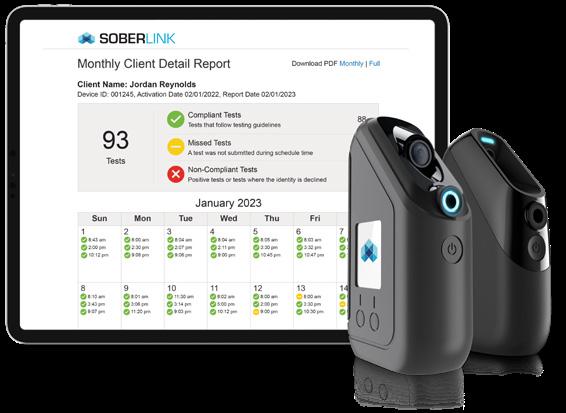
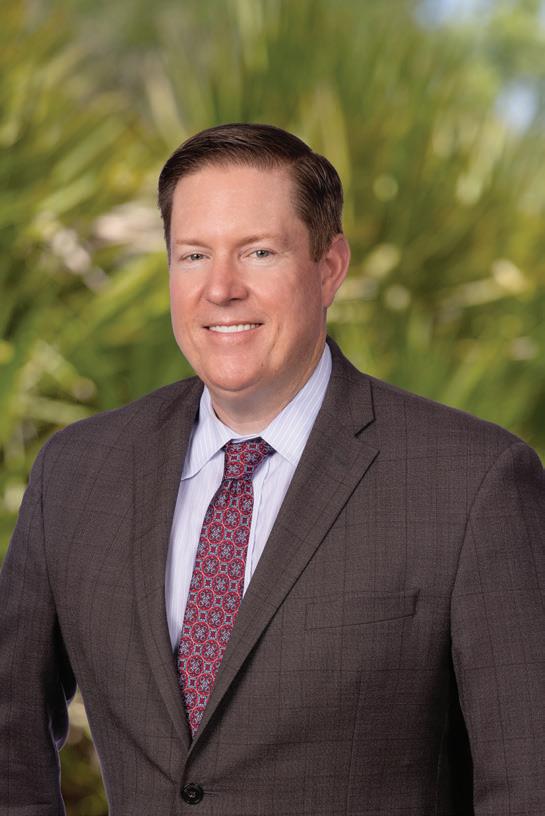

® Improving Lives orangecountybar.org I The Briefs I 19
HABIT #3: Practice Empathy.
Empathy requires a willingness to consider the viewpoint, experiences, or feelings of another person. Empathy helps us remove ourselves from the conflict. Through empathy, we realize that unprofessional behavior may be attributable to mental health challenges, workload, financial stress, insecurity, addiction, loneliness, lack of experience or mentorship, and many other sources that are unrelated to us. Empathy helps us understand that “hurt people, hurt people.” While this does not excuse the behavior, it allows us to respond to the behavior with less emotional entanglement.
HABIT #4: Lead with Grace.
If there are two ways to interpret a communication
or behavior and one interpretation is emotionally neutral and the other is highly offensive or passively aggressive, chose to give grace and interpret the interaction in the best possible light. As judges, we practice this frequently when an argument begins with, “Your Honor, in all due respect . . .” While the statement could be interpreted as offensive, we know that often it is a neutral clarification of the court’s conclusions or understandings. Giving space for grace allows us to be more even-tempered in our response.
HABIT #5: Ask for Help.
In this profession, we are going to get overwhelmed and overloaded. Do not be too proud to ask for help from colleagues, opposing counsel, and the court. Let the judge know if you need help communicating with
opposing counsel, scheduling hearings or depositions, or juggling multiple deadlines and trials. When judges are aware of these situations early, we can help by guiding conversations and adjusting deadlines while still complying with the Florida Supreme Court’s case management mandates.
HABIT #6: Be Good to Yourself. We all know the importance of self-care, sleep, exercise, mindfulness, (actually) going on vacation, and developing hobbies. As lawyers, we are asked to carry and solve another’s problems. This is a heavy burden, and if we do not fi nd ways to put this burden down once and while, it can crush us. When we are well-cared for, we are equipped to respond to the challenges posed by
diffi cult personalities with patience and civility.
HABIT #7: Invite Others. We are better when our community is stronger. Consider inviting others—even opposing counsel—to join you for a bar lunch. Ask new lawyers to join you at a bar event and introduce them to our legal community. When we share a meal or work on a goal together, our legal community is strengthened, and our shared culture of professionalism expands.
Ultimately, professionalism is a heart-healthy habit. It allows us the ability to tackle difficult cases, serve our clients, and be the zealous advocates we aspire to be, without losing ourselves in the process. Lawyers who practice with professionalism truly are highly happy people.
When we share a meal or work on a goal together, our legal community is strengthened, and our shared culture of professionalism expands.


PROFESSIONALISM COMMITTEE
20 I The Briefs I JUNE 2024
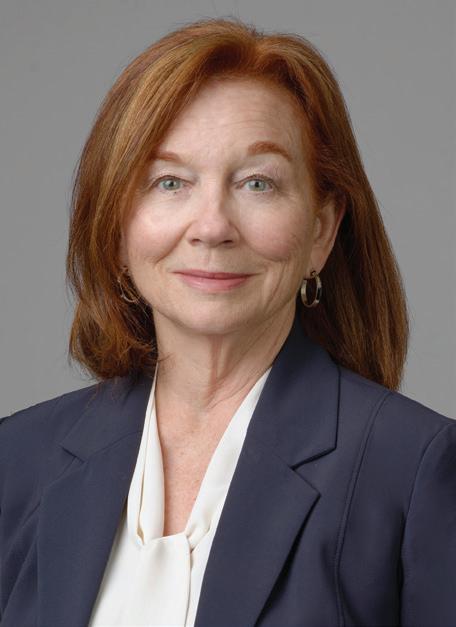







Local Solutions. Global Reach. Hire the creative team behind Em Agency is ready to bring the same creativity, style, expertise, and commitment to building your brand and marketing your business. We build brands we believe in. Maybe even a brand you believe in. hello@emagency.com logos • campaigns • websites • social media • video/photography POWERED orangecountybar.org I The Briefs I 21
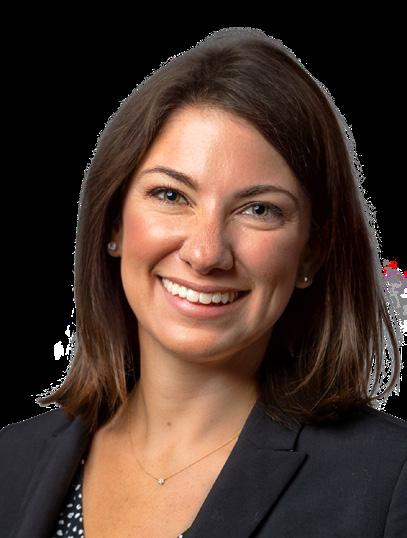
A VICTOR FOR OUR CHILDREN
Highlighting the work of Victoria Manglardi.
TTo learn more or take a GAL case: (407) 841-8310 or mpriebe@legalaidocba.org
“I’ve had the pleasure of representing many teenagers that have succeeded after the child welfare system, and I’m still in contact with them today.”
— Victoria Manglardi
he Legal Aid Society of the Orange County Bar Association prides itself in the work we do for the underprivileged population of our community, serving over 4�000 families each year. We could not do that without the help of our talented, diverse and committed pro bono network of nearly 2�800 volunteer attorneys. Victoria Manglardi is one of them!
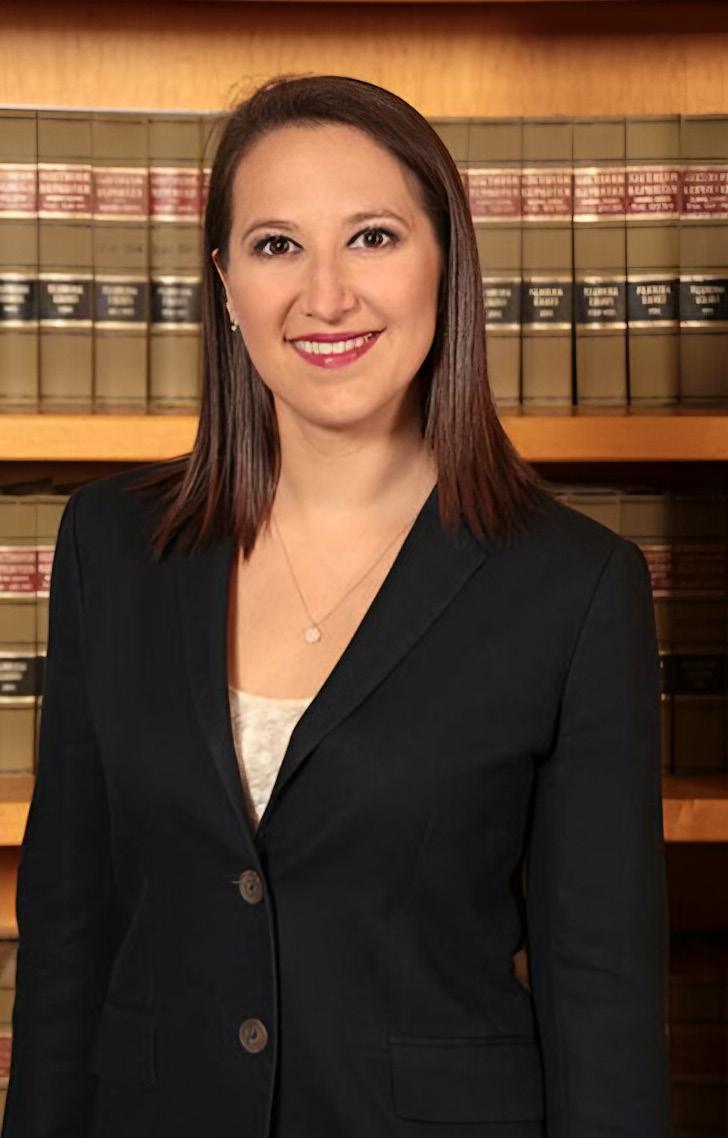
Victoria’s fascination with the law started when she was just a girl, inspired by her uncle who is also a practicing attorney. Graduating from Florida A& M University College of Law in 2011, she started her legal career as an Assistant Public Defender, handling juvenile, county and felony cases. Victoria now works as a personal injury attorney at Martinez Manglardi, PA and has served as a pro bono Guardian ad Litem (GAL) for the past five years.
As a Guardian ad Litem, Victoria represents the best interests of children in dependency cases. She puts her heart and soul into these cases, regularly meeting with her children, building relationships with them, and ensuring they are set up for success. While she has a passion for helping teens, what Victoria has learned while serving as a GAL, can assist anyone interested in taking a GAL case. Hear it from her yourself:
What inspired you to become a Guardian ad Litem?
I missed my work as a Public Defender so I reached out to Legal Aid. I was first assigned to crossover cases, meaning I would help those children that were both under
Marie Priebe, Esq., is a Guardian ad Litem Attorney with the OCBA Legal Aid Society. She has been an OCBA Member Since 2015.
LEGAL AID SOCIETY: PRO BONO SPOTLIGHT For more information on how to become a financial donor or help with our fundraising efforts please contact Donna Haynes, Director of Development at (407) 515-1850 or dhaynes@legalaidocba.org
22 I The Briefs I JUNE 2024
dependency and delinquency [court]. I would advocate for them in dependency and also be there if they needed help understanding the criminal side in delinquency but wasn’t their assigned attorney [for that matter].
What types of cases most interest you and why?
I enjoy helping teenagers because I find I can help them the most. Teenagers in foster care sometimes need the most help trying to advocate for themselves and navigating the child welfare system.
How is GAL work different from your private practice?
Understanding and applying the law and statutes in dependency court is completely different than proving one of my negligence cases. Moreover, receiving an after-hour’s call from one of my GAL children versus one of my clients is typically less challenging. Sometimes, it’s as easy as reminding them when the next court hearing is or giving advice on their future.
What do you find most challenging about GAL work?
GAL work can be so rewarding, but it can also be very heart-breaking. The
team wants the best for the child, but sometimes the law doesn’t support what we want.
What most surprised you about the child welfare system?
The most surprising thing about the child welfare system is how hard it is for all family members involved, especially foster parents, and any siblings. It shouldn’t be so hard to place a child in a safe environment over the unsafe one that they were removed from.
What’s one thing you find most valuable about the child welfare system and one thing that needs to change?
Call me biased, but the GAL Program is the most valuable piece of the child welfare system because these children need all the support they can receive. However, the GAL can only do so much. They have to rely on the DCF Attorney, Case Manager, Court Staff, etc. to make sure things get done. One thing that needs to change is the amount of funding that there is to help with the hiring of more case managers and placements. Unfortunately, there are a lot of children in the child welfare system and not enough homes to place them.
New Members
Huda Amer Awan
Shay M. Beaudoin
Dayana Blanco
Madison E. Buckley
Edward Patrick Buntz
Rebecca Mae Burton
Alicia Chiu
Lenora Easter
Paul Ghezzi
Scott Brian Halperin
Mary R. Hudson
Nehemiah L. Jefferson
Flor Leiva
Mallory Lizana
Emily Katherine Logue
Dawn Marshall
Michael Allen O’Quinn
Genesis Reyes-Reyes
Widner Saint-Cyr
Cortney B. Szafran
FULFILL YOUR LEGAL AID REQUIREMENT
4 Ways
1. Take Cases as needed by the Legal Aid Society in Family Law, Consumer Law, Housing Law, Immigration Law, Veterans, Sealing and Expunction, or other areas.
2. Be a Guardian ad Litem (GAL) and take cases as needed by the Legal Aid Society in Dependency, Transitions, Appeals, Delinquency, or Child Victim/Witness Cases.
3. Participate in Projects as needed in Bankruptcy, Citizen’s Dispute Settlement, Family Mediation, Community Education, Tax, Teen Court, Teen/Parent Education, Housing Advice Clinics, or others.
4. Contribute Financially. Donate $350 in lieu of service and help ensure Legal Aid can provide services to the disadvantaged in our community.
REGULAR
orangecountybar.org I The Briefs I 23
What three pieces of advice would you give a new GAL?
1. Learn the dependency laws (Florida Statutes, Chapter 39, and the Florida Rules of Juvenile Procedure) to best advocate for your child.
2. Show grace to case management and try to assist when you can, but don’t be afraid to continuously follow up, if necessary.
3. Do not take anything a child says too personally as they are new to the child welfare system, just like you, and are
probably trying the best they can.
Please share a personal success on one of your pro bono GAL Cases. The best feeling as a GAL is when one of your chil-
dren turns 18, they make the decision to start their future, whether working or going to college, and they finally feel a little freer. I’ve had the pleasure of representing many teenagers that have succeeded
“Call me biased, but the GAL Program is the most valuable piece of the child welfare system because these children need all the support they can receive.”
— Victoria Manglardi

Employers are facing an unprecedented skills shortage.
Here’s
how your Florida law firm can do more with less.
after the child welfare system, and I’m still in contact with them today.
Victoria is a true asset to the GAL Program and continues to take on challenging cases. Many of the children she’s represented have significant past trauma and mental health struggles. Some have open delinquency cases and others are trying to navigate adulthood. While not every case is a walk in the park, Victoria handles each matter with grace and ease! Thank you, Victoria!

leap.us/skills-shortage
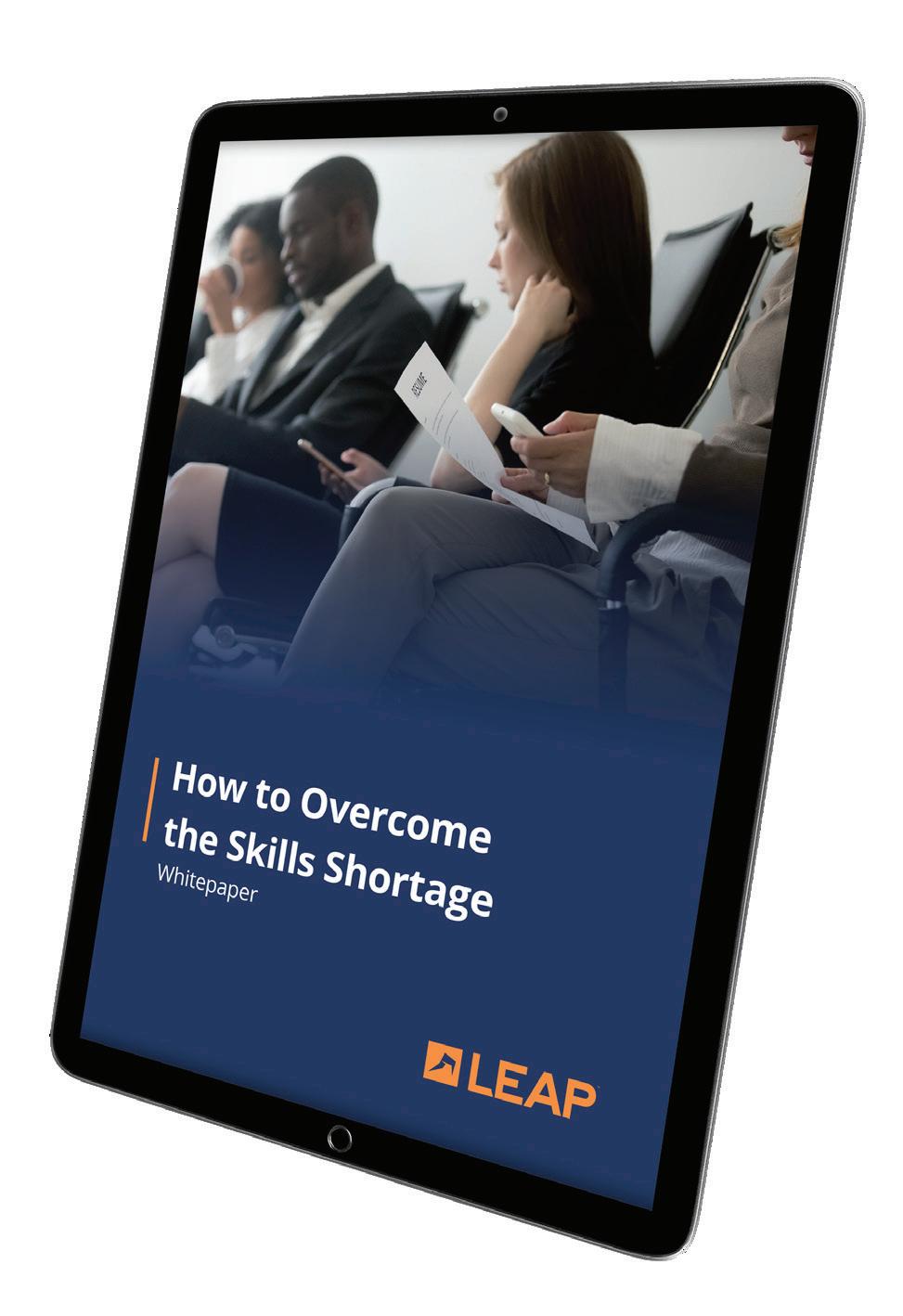
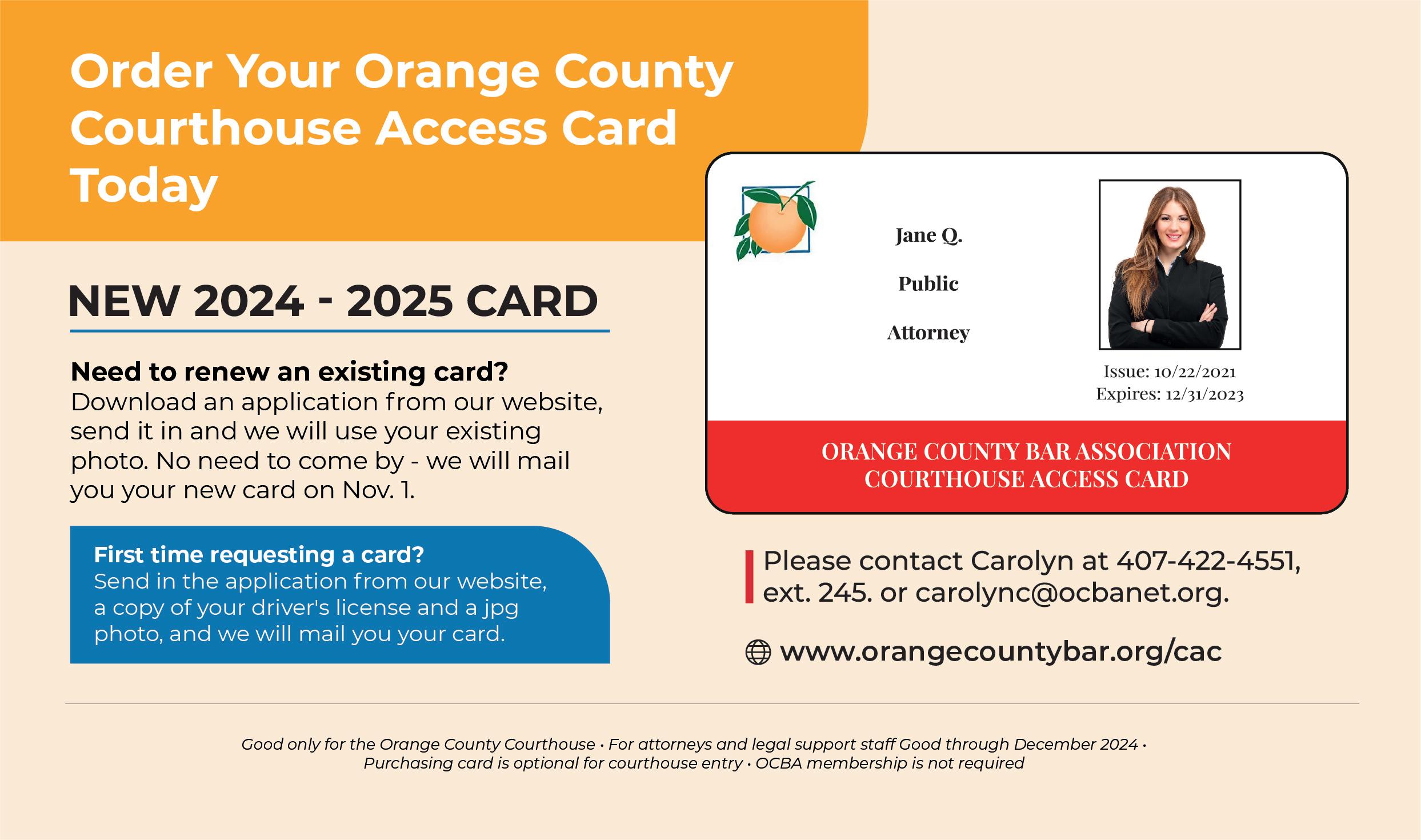
LEGAL AID SOCIETY: PRO BONO SPOTLIGHT
24 I The Briefs I JUNE 2024
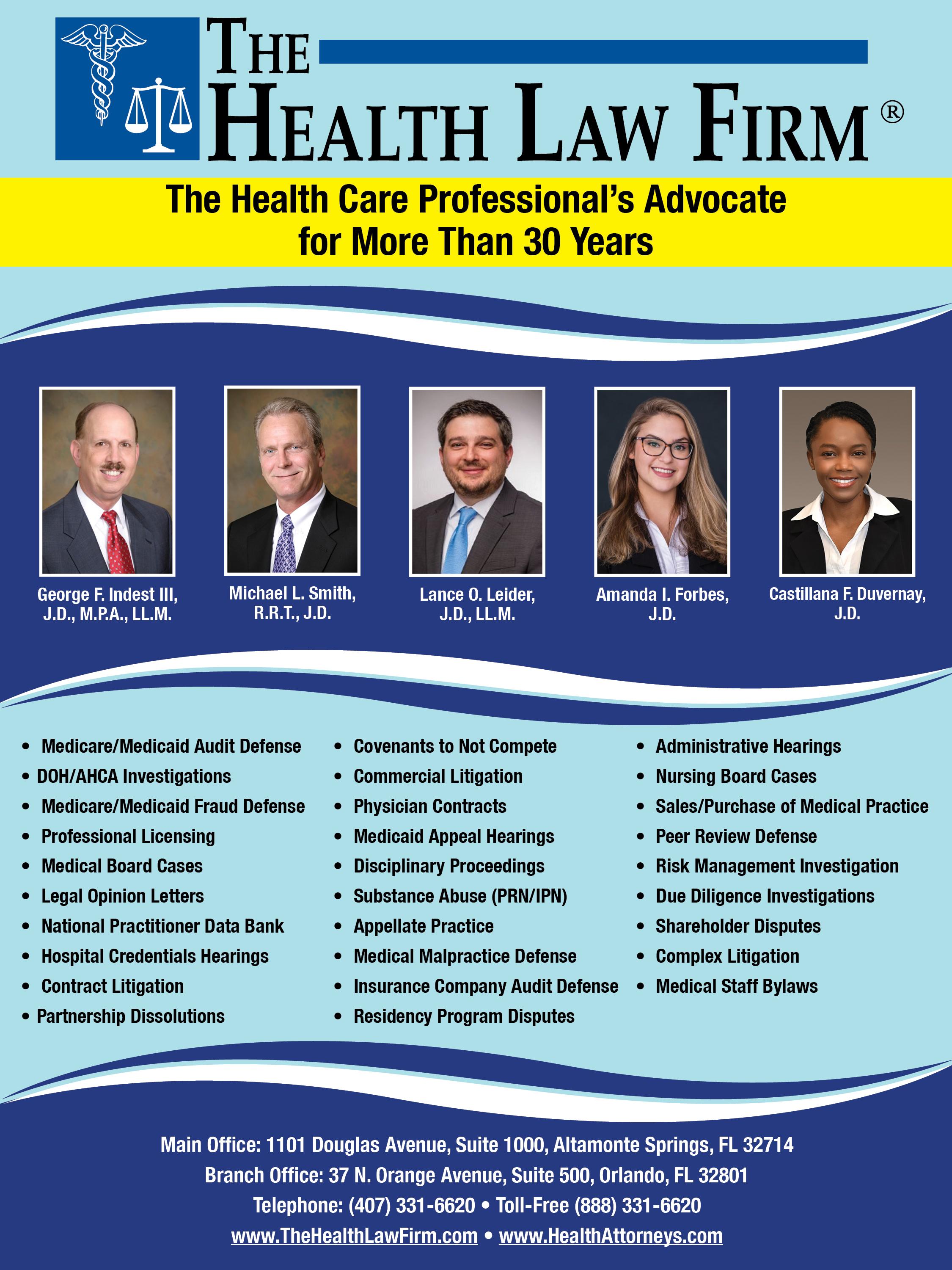

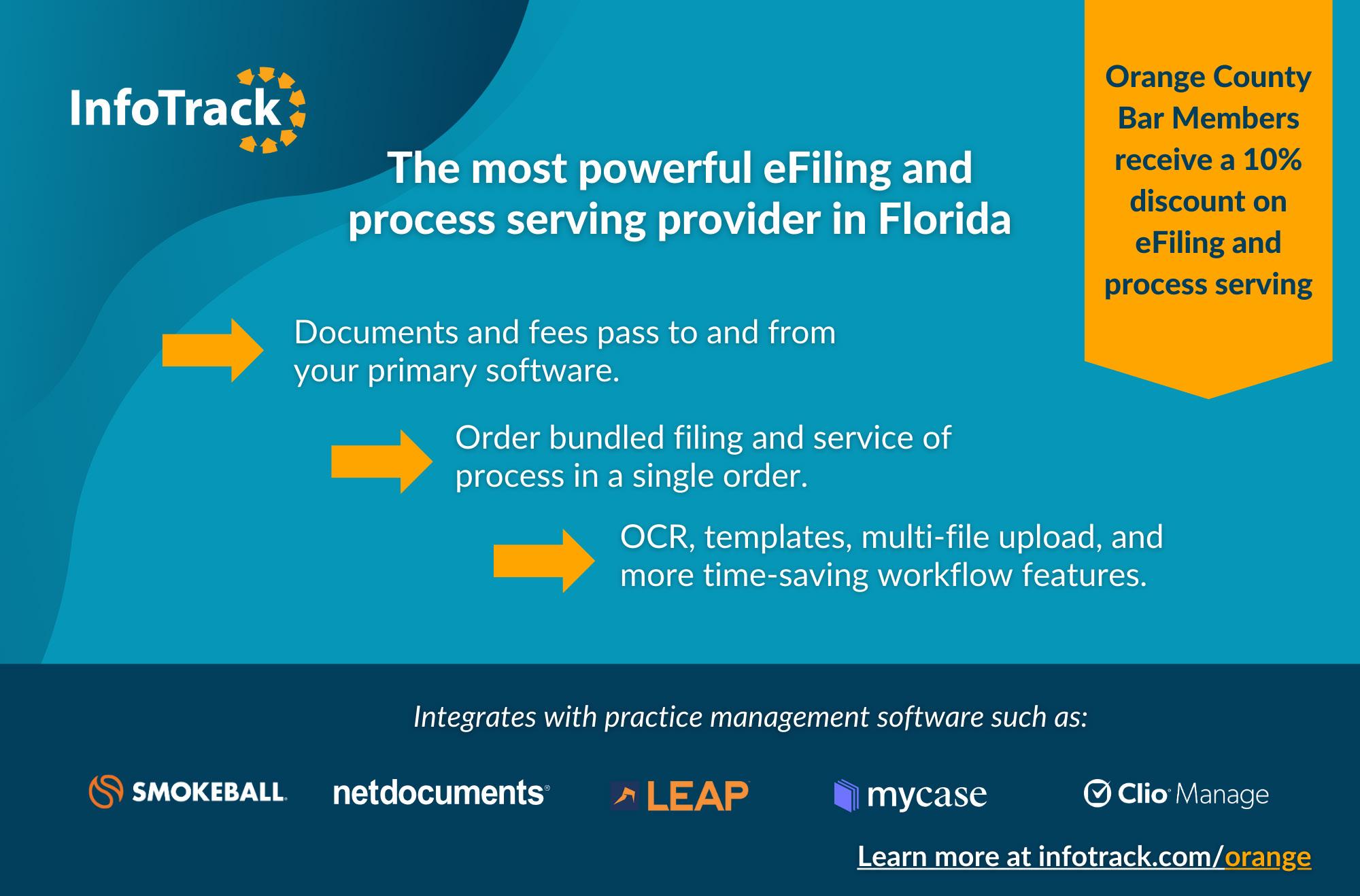

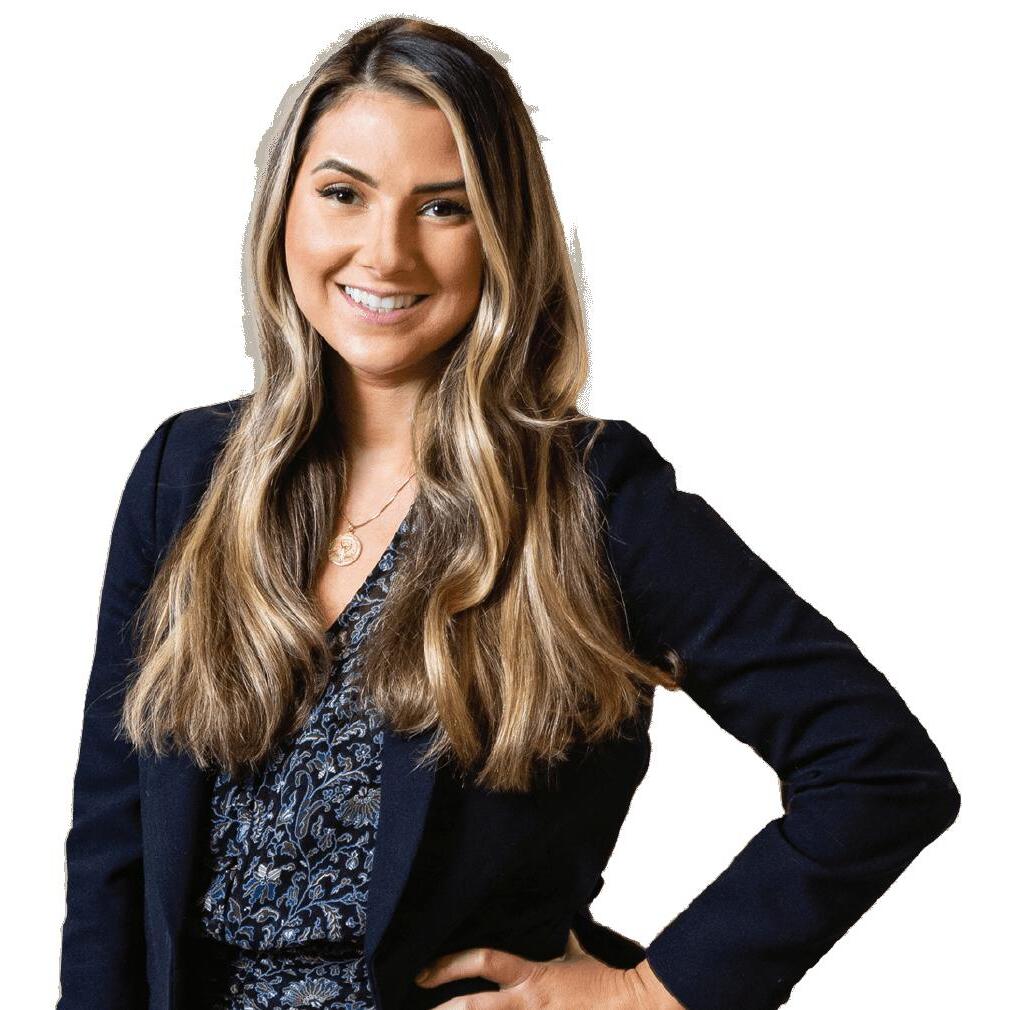
26 I The Briefs I JUNE 2024


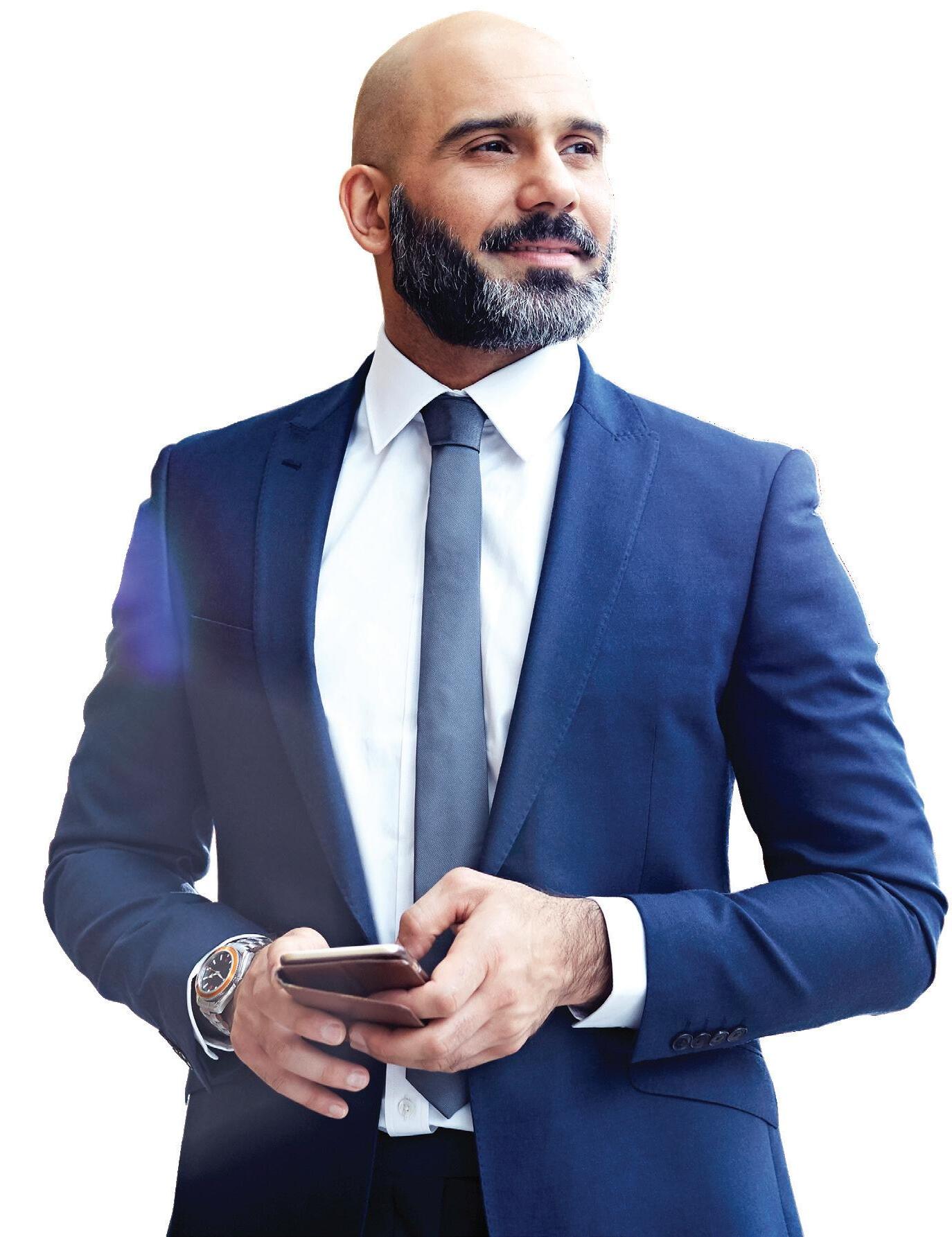






Get started at lawpay.com/ocba 866-730-4140 TOTAL: $1,500.00 New Case Reference **** **** **** 9995 *** Trust Payment IOLTA Deposit YOUR FIRM L OGO HERE PAY AT TO RNEY PO WE R ED BY 22% increase in cash flow with online payments Vetted and approved by all 50 state bars, 70+ local and specialty bars, the ABA, and the ALA 62% of bills sent online are paid in 24 hours Data based on an average of firm accounts receivables increases using online billing solutions. LawPay is a registered agent of Synovus Bank, Columbus, GA., and Fifth Third Bank, N.A., Cincinnati, OH. Trusted by 50,000 law firms, LawPay is a simple, secure solution that allows you to easily accept credit and eCheck payments online, in person, or through your favorite practice management tools. I love LawPay! I’m not sure why I waited so long to get it set up. – Law Firm in Ohio + Special offer for bar members. Call for details.
SIDEBAR
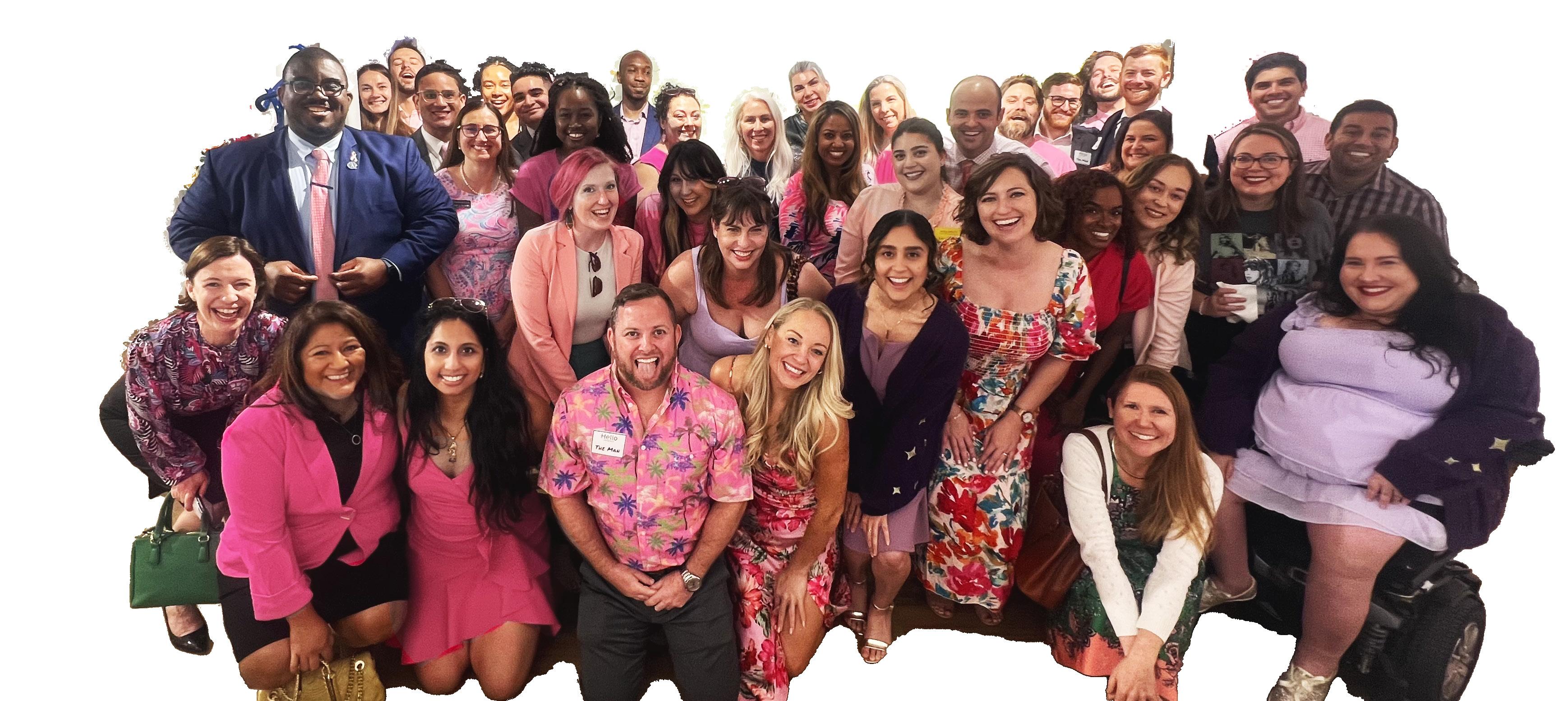
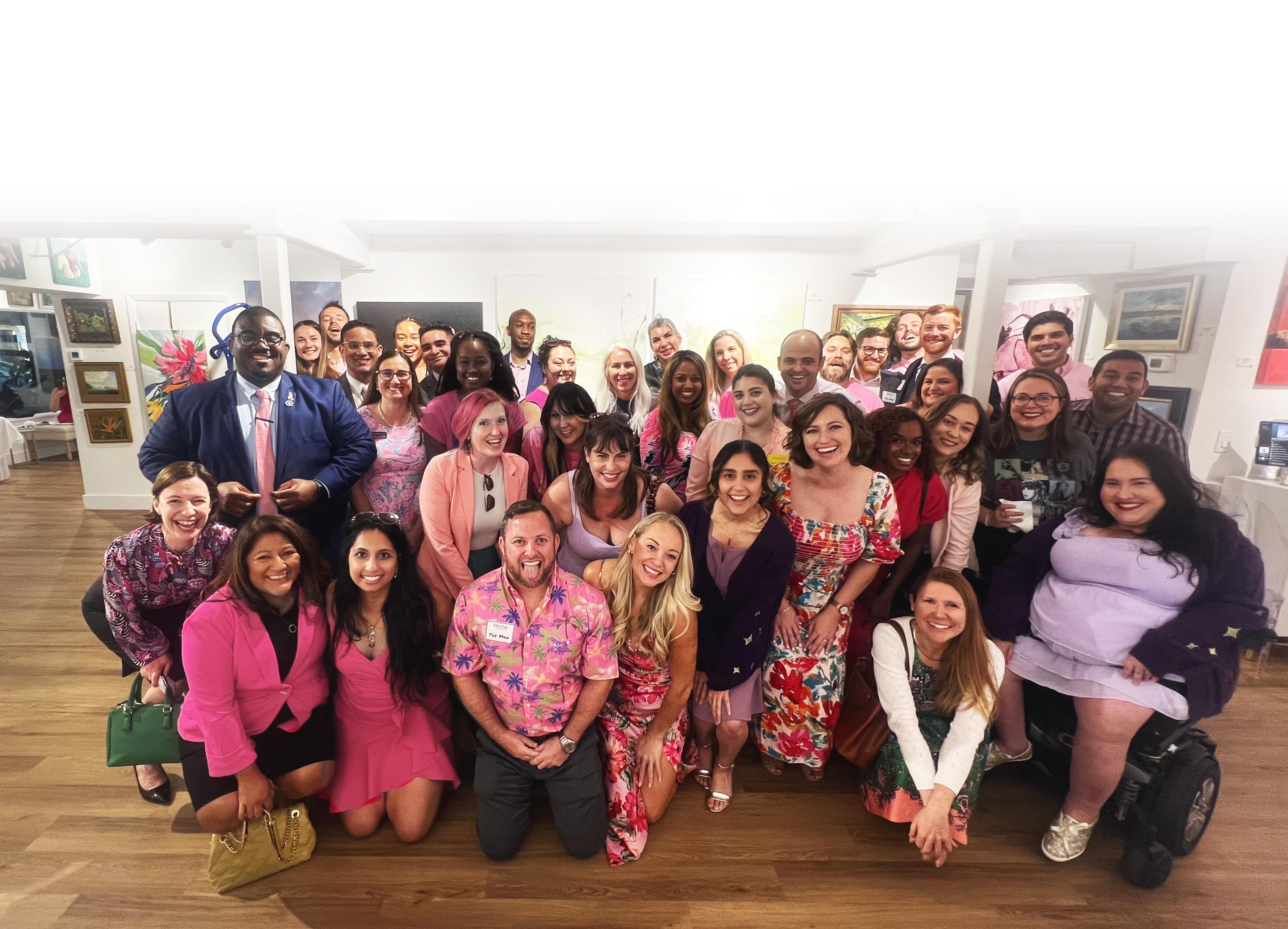
YLS on the Move
This year has flown by! We have had so many great events, and it has been so great seeing all of you there. We say it all the time, but we truly mean it: Our events would be nothing without all of you. Your support and enthusiasm are always welcomed and appreciated. As we head into summer and a new year, we are delighted to share our success and announce some fantastic upcoming opportunities.
YLS LUNCHEON: PASS THE GAVEL
MAY 10 / At the Citrus Club, Lauren Reynolds passed the presidency to Jacob Schumer for the 2024-2025 YLS Year. It was a wonderful event celebrating leadership and looking forward to a new year of YLS initiatives. We want to give a personal thank you to Lauren, who made this year awesome. Lauren went all in to make YLS continue its run. We are excited to see Jacob continue the tradition.
GREAT OAKS VILLAGE FIELD DAY
MAY 18 / YLS members participated in a fun-filled field day, playing a variety of games and donating shoes to the youth at Great Oaks Village. It was a day of giving back and enjoying the community spirit.
2
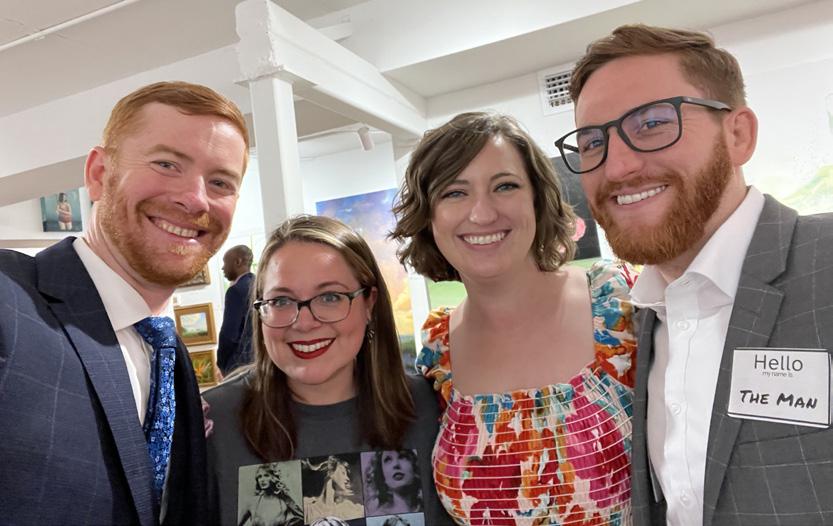


Sean Mendez-Catlin, Esq., is a founding partner of MC & J Law, PLLC, where he practices business and intellectual property law. He has been a member of OCBA since 2016.
STAY INFORMED: Sign up for weekly YLS email blasts by visiting orangecountybar.org/ page/young-laywers-section
FOLLOW US! @OCBAYLS #TogetherWeGoFar
1
NEWS / EVENTS / UPDATES
28 I The Briefs I JUNE 2024


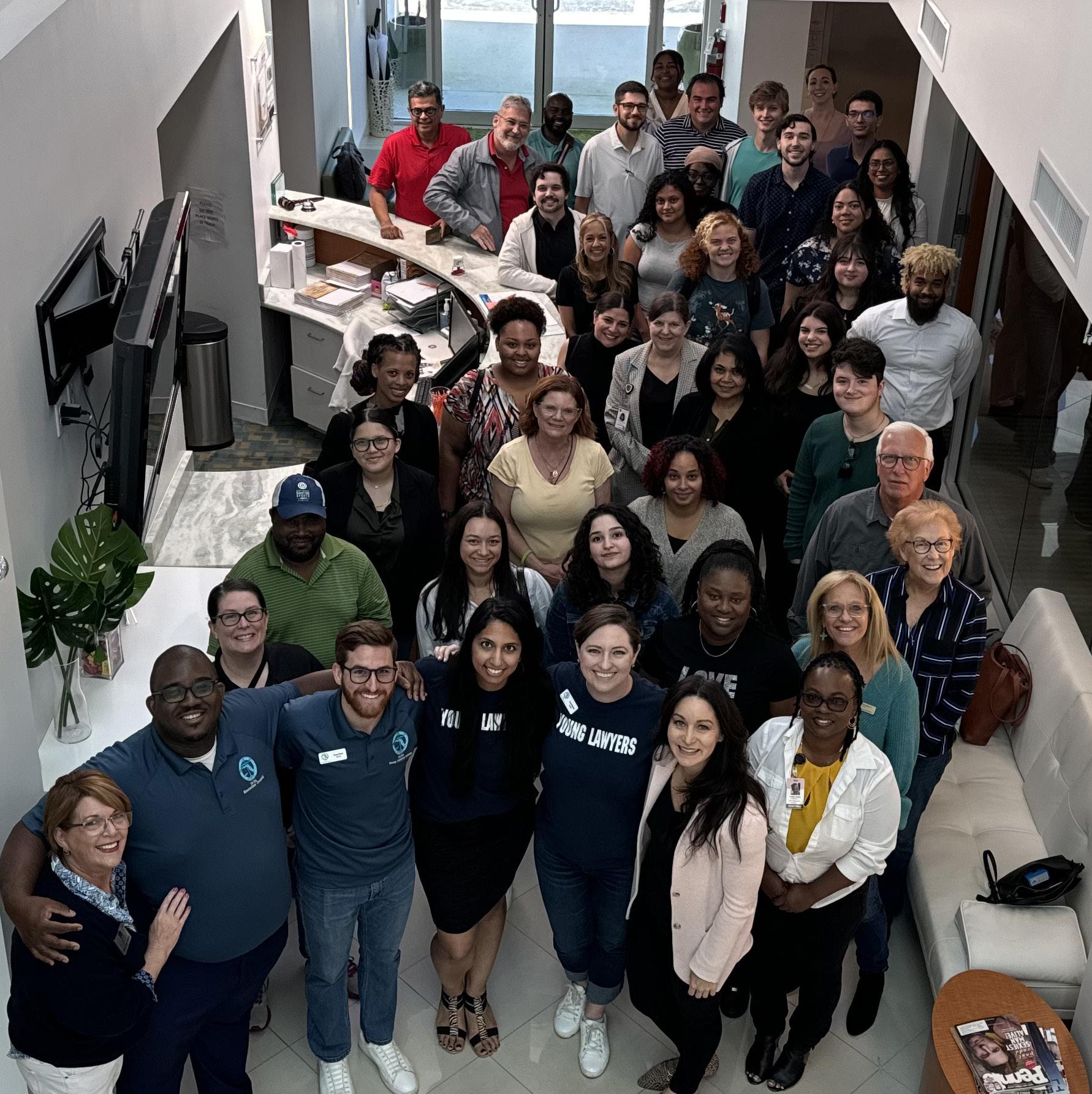
MOLLY RAE ELEMENTARY BOOK FAIR
MAY 21 / We hosted a book fair where each student selected two books to take home. Additionally, Darlene Jones generously gave each child her book titled “Luke Learns,” fostering a love for reading among the young students.
BABY GOAT YOGA
MAY 29 / YLS members enjoyed a unique and relaxing experience with baby goat yoga. This event was a perfect blend of wellness and fun, leaving everyone with smiles and great memories.
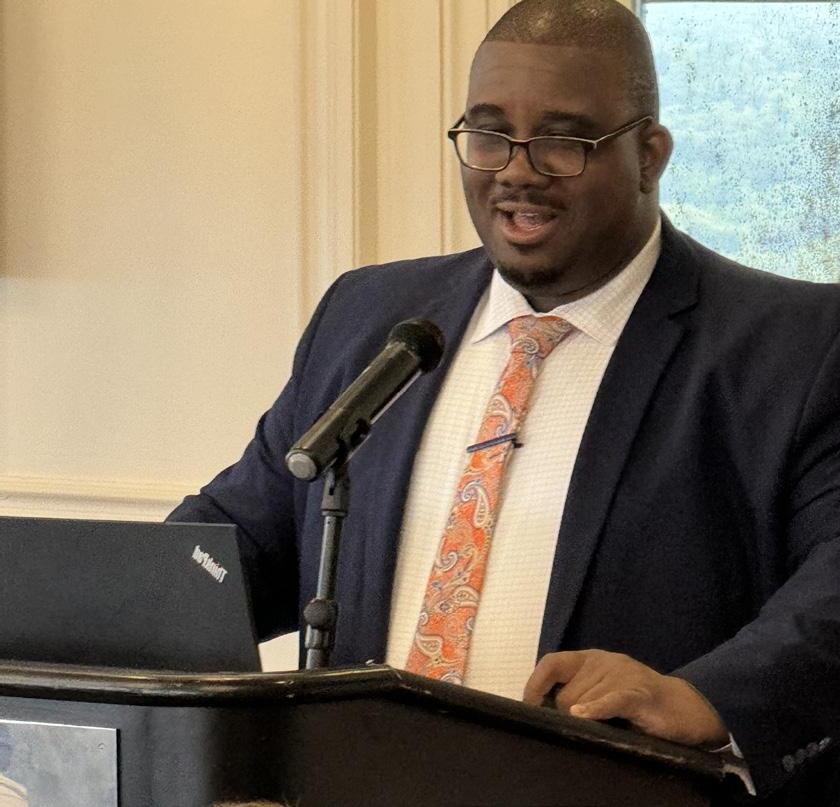
100 Club
Firms with two or more attorneys who are all members can belong! If your firm is eligible, call the Membership Department (407-422-4551 x225)
20+ MEMBERS
Rumberger, Kirk & Caldwell
Shutts & Bowen
Wicker, Smith, O’Hara, et al.
Winderweedle, Haines, et al.
10-19 MEMBERS
WHO’S WHO
Harris Harris
Bauerle Lopez
Hilyard, Bogan & Palmer
Hornsby Law
Infocus Family Law Firm
Jill S. Schwartz & Assocs.
Keating & Schlitt
King, Blackwell, Zehnder & Wermuth
Colling Gilbert Wright
Fisher Rushmer
Marshall, Dennehey, Warner, Coleman & Goggin
McDonald Toole Wiggins
1 Attendees at the YLS Pink Party: Taylor Swift Edition
2 Michael Barber, Kelsey Weiss, Lauren Reynolds, and Cooper Powell enjoying the YLS Pink Party Taylor Swift Edition
3 Attendees at the Wills for Heroes Event
4 Brandon Sapp delivers a speech on professionalism at the YLS April Luncheon
SAVE THE DATE
JUNE 20
YLS Luncheon: Judicial Candidate Meet and Greet 3 4
YLS Luncheon: Talking to Reporters
JUNE 21
Morning at the State Courthouse
JULY 11
Young Lawyers and Law Clerks Reception
JULY 12
Stovash, Case & Tingley
2-9 MEMBERS
The Aikin Family Law Group
Anderson & Ferrin
The Arnold Law Group
Artemis Family Law
Aust Law Firm
Barrister Law Firm
Barry Miller Law
The Brennan Law Firm
Carr Law Firm
Compass Law
Culbertson Law Group
Davey Law Group
Debra Wilkinson Botwin
DeCiccio & Johnson
Dellecker Wilson King
McKenna Ruffier & Sos
Divine & Estes
The Draves Law Firm
The Elder Law Center of Kirson & Fuller
Fassett, Anthony & Taylor
Flammia Elder Law Firm
The Fighter Law Firm
Forward Law Firm
Gasdick Stanton Early
GoodBlatt – Leo
Green Family Law
Haliczer Pettis & Schwamm
Korshak & Assoc.
Kosto & Rotella
Law Offices of Brent C. Miller
Law Offices of Horwitz & Citro
Law Office of Michael L. Dear Lebron Law
The Llabona Law Group
Marcus & Myers
The Marks Law Firm
McMichen, Cinami & Demps
McShane & McShane
Men’s Divorce Law Firm
Morgan, White-Davis & Martinez
Murphy & Berglund
N. Diane Holmes
O’Mara Law Group
Page & Eichenblatt
Perez LaSure
Rebecca L. Palmer
Law Group
Sawyer & Sawyer
Schwam-Wilcox & Assoc.
SeifertMiller
Shannin Law Firm
The Skambis Law Firm
Stovash, Case & Tingley
Tangel-Rodriguez & Assoc.
Warner & Warner
West Family Law Group
Wieland & DeLattre
Wilson McCoy
Wooten Kimbrough
Yergey & Yergey
orangecountybar.org I The Briefs I 29
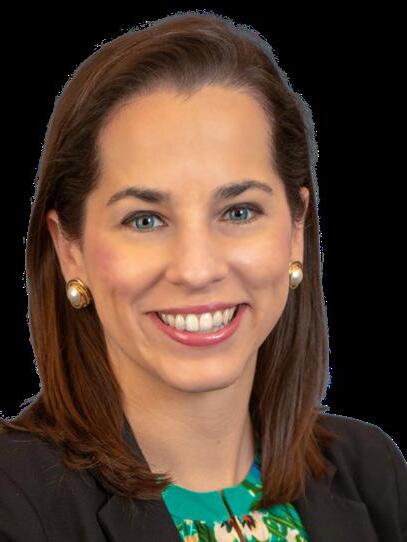
REVIVING A CLASSIC
Re-introducing the Hearsay column
Let us travel all the way back to June of 1999. Whether you were preparing for Y2K or partying like it was 1999, the OCBA was publishing its 74th volume of the Briefs that year. The June edition had many of the same things that you would expect to see in the Briefs these 25 years later: Articles from our judiciary, a list of new members, a review of that year’s CFAWL Judicial Reception, and Law Week events. And in that edition of the Briefs, we found the inaugural column called “Hearsay.”
been tasked with relaying news, information, and “hearsay” from our community of legal professionals, and each Hearsay columnist has only been able to do that with your help.
So, here is my proposal for the next year’s topics of the Hearsay column. Send in one or two sentences worth of your thoughts on the topics below for a chance to voice featured.
Jennifer Herndon McRae set out her intentions for the column when she stated that it was “intended to help us learn a little more about the other
members of our bar and legal community,” and that is exactly what this column has been attempting to do since then. Each Hearsay columnist has
I hope, as Jennifer did in her inaugural edition, that this will help to “get the ball rolling and give you some ideas,” and I hope to hear from you before the next column is due!
SIDEBAR: NEWS / EVENTS / UPDATES
Ana “Ani” RodriguezNewbern, Esq., practices Family Law and has been a member of the OCBA since 2014.
Hearsay Topics 2024-2025 JULY Growth in our community and in our legal profession AUGUST OCBA Committees! What do they mean to you? OCTOBER Education NOVEMBER Technology in the Profession JANUARY Finance Solutions FEBRUARY Diversity & Inclusion MARCH Professionalism MAY Health & Wellness 30 I The Briefs I JUNE 2024

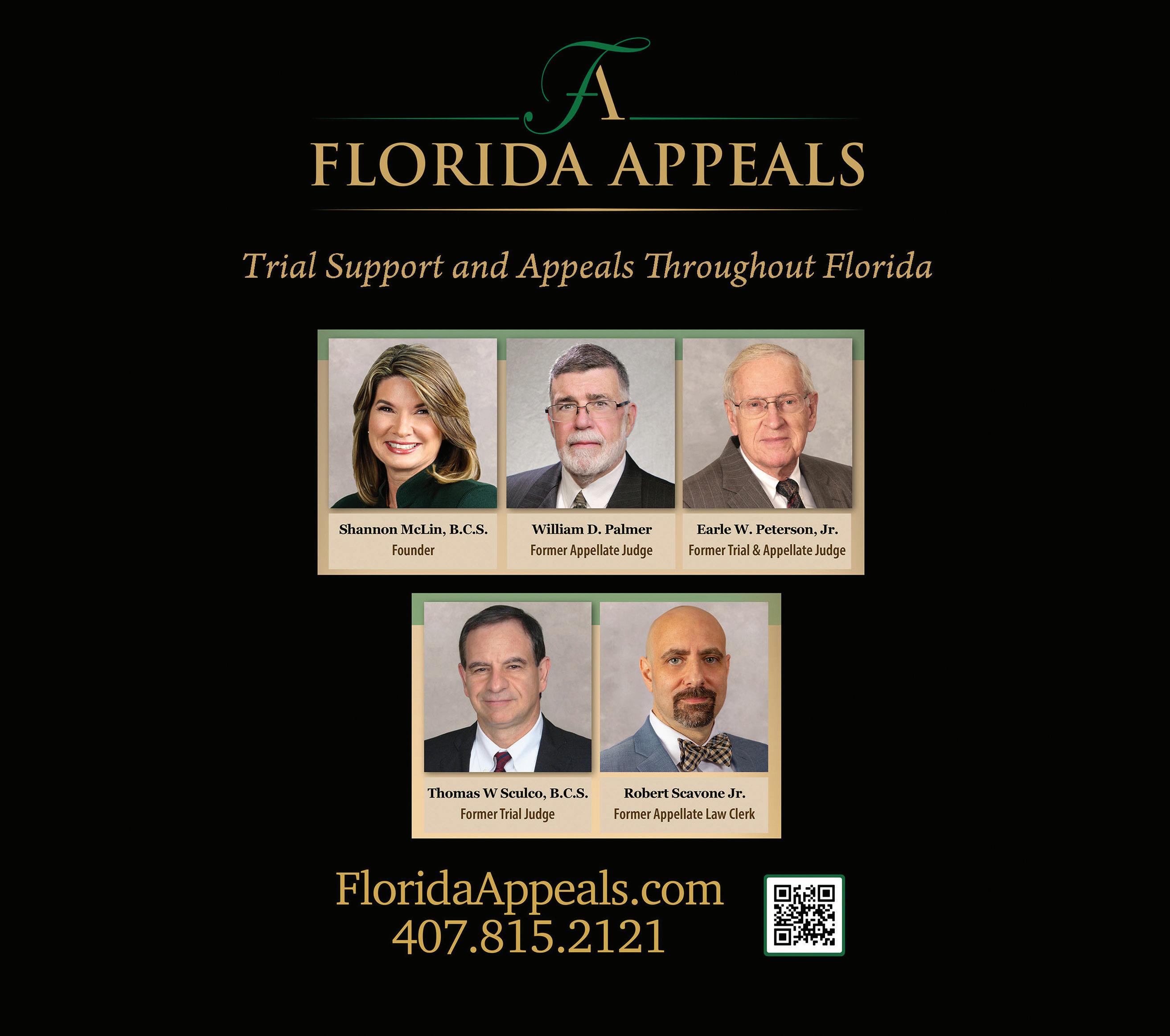
PRSRT STD U.S. POSTAGE PAID ORLANDO, FL PERMIT NO. 2530 880 North Orange Ave. Orlando, FL 32801














 Russell Orange County Clerk of Courts
Russell Orange County Clerk of Courts

 The Honorable Margaret H. Schreiber
The Honorable Margaret H. Schreiber
























































